




Greetings and Happy New Year!
You may be wondering the reason I am writing the FMHCA President’s Corner again. The reason is due to our revised Bylaws which will be emailed to each of you. Among the many changes, you will find the new Bylaws extend the terms of Board of Directors officers to two-year terms instead of one year. The primary reason for this change is for increased continuity. One year on a board of directors goes by very quickly, and it can become challenging for a board member to achieve all of their goals in just 12 months. By the time someone gets the “hang” of their role, it’s almost over. Adding on a second year to officer terms will help FMHCA achieve more
My goals for last year remain the same: Increase FMHCA Chapters all over the state, increase membership, meet the needs of FMHCA members (please do not skip out on our surveys!), and achieve our legislative goals.

In 2022, we proudly added four new local chapters, grew membership to over 1,700, included more trainings on the business side of running a practice, and also accomplished an amazing legislative goal with the passage of the Counseling Compact in the 2022 legislative session.
For 2023, I will continue to focus on FMHCA’s growth. Why focus on growth? There are many reasons. For one, increased FMHCA membership means increased funding and clout legislatively. Continued growth also means FMHCA will be able to offer you even more benefits, giveaways, a As always, FMHCA exists for you We always into your organization

Respectfully,



InSession Magazine is created and published quarterly by The Florida Mental Health Counselors Association (FMHCA).
FMHCA is a 501(c)(3) non for profit organization and chapter of the American Mental Health Counselors Association
FMHCA is the only organization in the state of Florida that works exclusively towards meeting the needs of Licensed Mental Health Counselors in each season of their profession through intentional and strength-based advocacy, networking, accessible professional development, and legislative efforts

Let your voice be heard by becoming a FMHCA Member today!
Click here to view FMHCA's current Bylaws
Information in InSession Magazine does not represent an official FMHCA policy or position and the acceptance of advertising does not constitute endorsement or approval by FMHCA of any advertised service or product InSession is crafted based on article submissions received Articles are categorized between Professional Experience Articles & Professional Resource Articles Professional Experience Articles are writer's first-person pieces about a topic related to their experience as a mental health professional, or an opinion about a trend in the mental health counseling field Professional Resource Articles are indepth pieces intended to provide insights for the author's clinical colleagues on how to be more effective with a particular type of client or a client with a particular disorder, or tips for running their practice more efficiently Each article is labeled with their article type
If you would like to write for InSession magazine or purchase Ad space in the next publication, please email: Naomi Rodriguez at naomi@flmhca org

The Florida Mental Health Counselors Association (FMHCA) is the State Chapter of the American Mental Health Counselors Association (AMHCA) FMHCA is the only organization dedicated exclusively to meeting the professional needs of Florida’s Licensed Mental Health Counselors
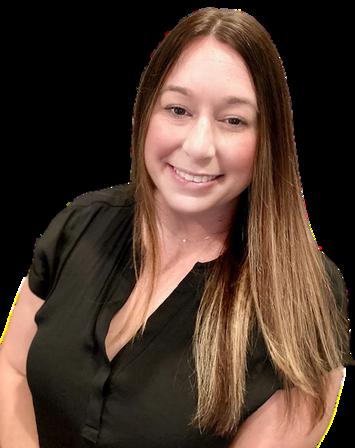
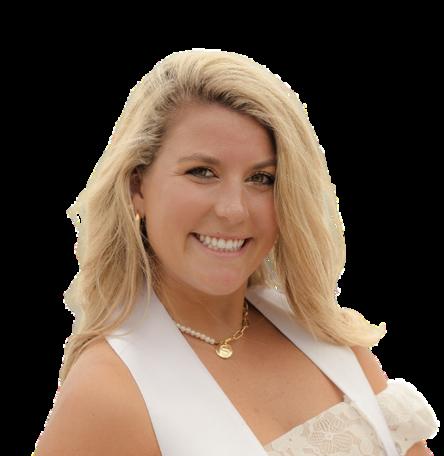
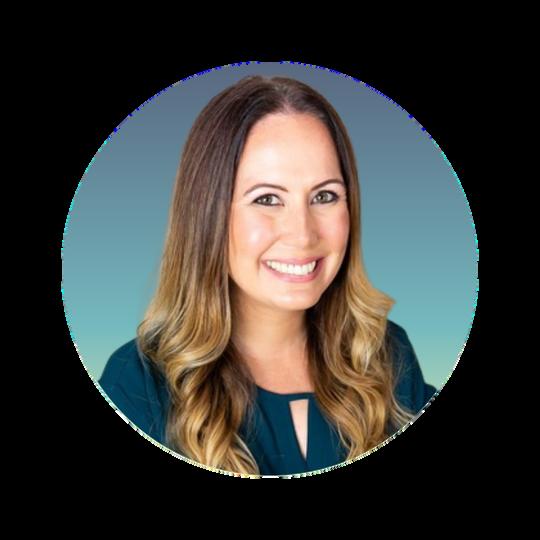
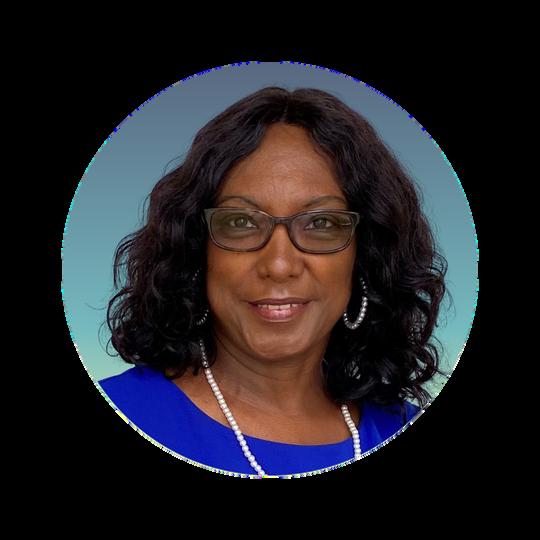
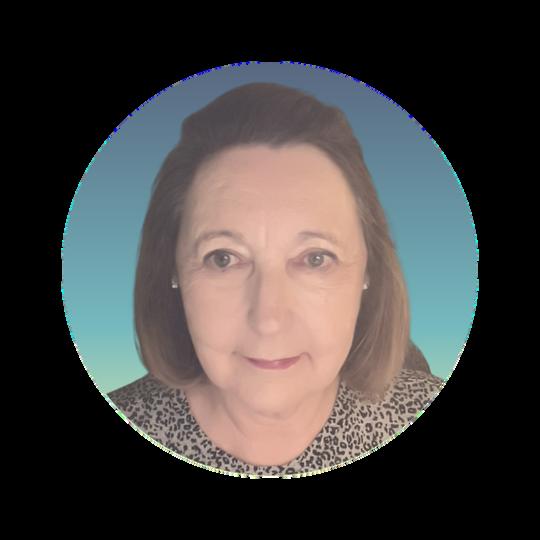

The mission of the FMHCA is to advance the profession of clinical mental health counseling through intentional and strengthbased advocacy, networking, professional development, legislative efforts, public education, and the promotion of positive mental health for our communities

Provide a system for the exchange of professional information among mental health counselors through newsletters, journals or other scientific, educational and/or professional materials

Provide professional development programs for mental health counselors to update and enhance clinical competencies

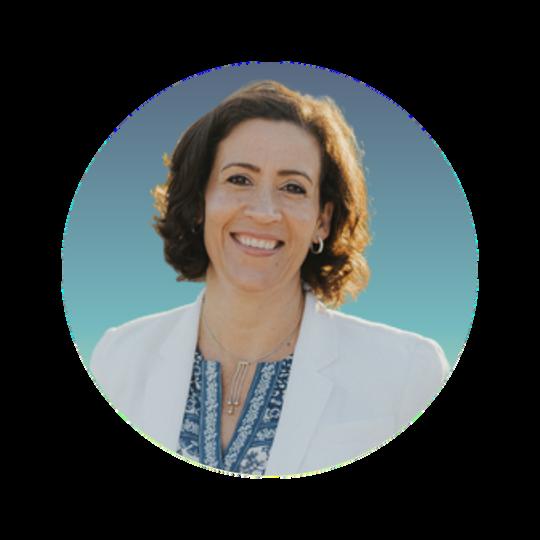

Promote legislation that recognizes and advances the profession of mental health counseling
Provide a public forum for mental health counselors to advocate for the social and emotional welfare of clients
Promote positive relations with mental health counselors and other mental health practitioners in all work settings to enhance the profession of mental health counseling


Contribute to the establishment and maintenance of minimum training standards for mental health counselors
Promote scientific research and inquiry into mental health concerns

Provide liaison on the state level with other professional organizations to promote the advancement of the mental health profession
Provide the public with information concerning the competencies and professional services of mental health counselors
Promote equitable licensure standards for mental health counselors through the state legislature




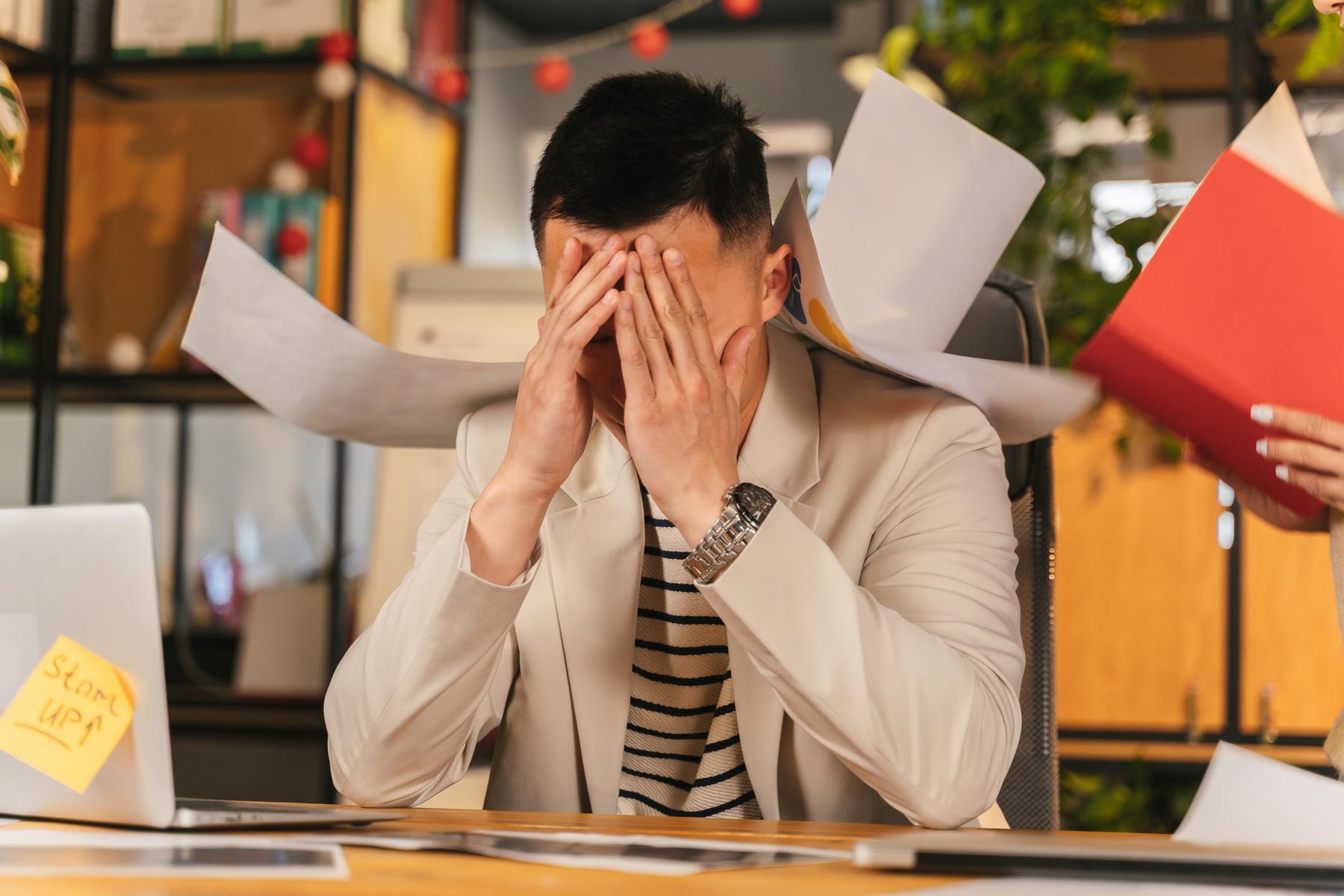
Burnout tends to sneak up on you.
It starts with taking on one more responsibility or skipping one meal to get more work in but then that pattern of putting your needs last becomes the new normal. Slowly but surely you start to lose control of your life and start to lose yourself in the process Stress and responsibilities build up until you feel crushed by the weight and by the time you recognize there is a problem you feel like there is no way to relieve the pressure
With burnout one thing is inevitable, either you slow down and make changes or your body will do the slowing down for you
So let’s get in front of that all or nothing scenario and find a healthier path forward.
Below are the 3 steps I take with clients in order to rethink their burnout cycle
Whenever I hear the phrase ‘give it 110%’ I roll my eyes The whole point of giving 100% is that it is all you have, so that extra 10% is impossible Sadly against logic, this mentality has stuck and has made people believe that impossible goals are not only possible but expected.
So how can we break this exhausting way of thinking?
I start with the idea that your time and energy is not unlimited.
I have clients draw a pie chart to represent their life and all the things that are juggling. All of your time and energy exists inside this circle and has a limit.
Then I have clients list all of the activities, responsibilities and stressors that are taking up time and energy in their life.
Common answers are school, work, family and friends. It is also helpful to circle the answers you believe need to be prioritized.
Next I have clients put these areas into their pie chart and see what is taking up the most energy
What areas are taking up the most energy?
Example: Work 50% Family 25% Friends 25%
With the pie chart filled in we then explore the following questions: That would be the ideal so if one area is stressful or seems like it is falling apart, the others provide balance and a safe haven from other stressors.
Are my priorities getting the energy they need?
Example: If I want 50% to be family and friend time/energy, work can not be taking 80%
Is this how I want my life to look?
Bonus: Make another pie chart to represent your idea of balance and compare them
Cut out the stressors that take up too much of your time and energy.
After seeing your stressors plotted out in black and white it is easier to see what is taking all your time and energy.
With these factors mapped out I ask the following questions:
Is this stressor needed?
Example: Family One family member takes a lot of energy. Can I limit my interactions with them? Text instead of 30 minute call
Can this area be broken up into smaller factors?
Example: Work 70% ~ Long hours 30% Commute 40%
Can the factors be changed?
Example: Commute 40% Can I work from home?
If you are trying to fit in too many priorities and responsibilities something has got to give. Overtime equals less time with family, staying out late with friends equals a struggle at work the next morning. There will be times in your life where family and friends will need more energy such as during the holidays and times where work takes up more energy like the end of a quarter. The key to these ups and downs is to find a way to balance the fluctuations so they do not become overwhelming.
The next piece is identifying what factors will ‘get you back to ok’ and have a go-to plan before the burnout takes over. I break these factors into daily, weekly and monthly activities in order to have a variety of choices.
Daily: The idea behind daily coping skills is taking a moment for yourself in order to reset when things are becoming overwhelming Popular responses are take a deep breath, make some coffee/ tea, or stand up and stretch if you are sitting too long.
It is also helpful to link these reset moments to the 5 senses in order to ‘pack more of a punch’.
Taste: Tea or flavor drops
Smell: Aromatherapy or perfume
Sight: Picture of a pet or family
Touch: Fidget toy or stress ball
Hear: Thumb drive or listening device with a 'reset playlist'
I keep these items in a ‘crash stash’ which can be anything from a shoe box to a fancy photo box from your local craft store. This way my items are always on hand when I need them most.
Bonus: make a mobile crash stash in a makeup bag or pencil case for recalibration on the go!
The next piece is identifying weekly and monthly actives that ‘refill your cup’ and allow you to recharge after being depleted. These activities can be further broken down into active and passive coping skills depending on the type of recalibration needed.
I like to think of these actions in terms of recharging a cell phone. If you have apps running in the background and draining your energy, it is time to close them out. If you put your phone on airplane mode, it will charge faster. If you leave your phone on the charger for too long its redundant because it does
not go past 100%. With these factors in mind it is important to identify the types of coping skills need and have a timeframe in mind
Active Coping Skill (requires an action): work out, hangout with friends, read ~ be honest with yourself if these actions will recharge or deplete your energy Example: I have enough energy for a 20 minute walk and after that I will see how I feel
Passive Coping Skill (resting/sleep mode): take a day to ‘do nothing’, watch tv, nap ~ these actions are positive when they are intentional and in moderation
Example: I am going to take a day to recalibrate so I am feeling refreshed tomorrow
The last piece is identifying what brings you joy outside of work. It is not our purpose to just go to work, come home and have nothing else to live for. We as humans need to be engaged and inspired by things in order to be balanced and healthy These bringers of joy can be as small as eating your favorite food or as large as taking can epic vacation, but the main point is that you identify and cultivate these moments so they you are able to live a sustainable life and prevent future burnout
Step 3: Find a way to maintain these positive changes
The last step is all about being aware of the time/energy outputs that often lead to burnout and finding ways to limit these factors The ultimate goal is to know what challenges you face and be able to get ahead of them before burnout catches up with you . I have found that the usual suspects for burnout are time and energy outputs and in this step I help clients get to the bottom of their unique combination of factors.
Identify factors in your current schedule
Time: Outline your current schedule and notice any trends that might contribute to burnout
Example: Thursday is a 10h day ~ no wonder I am exhausted on Friday
Energy: Identify weekly events and see if the difficulty lies in the energy spent on them Example: Tuesday has 2 staff meetings ~ on those days I might need to recalibrate
Bonus: You can use the pie chart from step one to break down the time/energy outputs of each day of the week and see if aspects can be further altered/calibrated
Identify your ideal schedule
The last piece is putting it all together to create a more sustainable schedule. Sure, life happens and this perfect plan might not aways be possible. But it is important to have a vision
of what your ideal schedule would look like in order to recalibrate when things seem to go off the rails.
Want weekends off? Cross those days out on your calendar. If you want to go deeper you can look at what days seem the hardest and schedule a more passive day for the day after.
Example: If during a 5 day work week you find that most of your meetings/commitments are on Monday and Tuesday, set aside Wednesday and Thursday for more passive activities and Friday to wrap things up before the weekend Alter and maintain the positive changes you have made
Life is not perfect There will be days, weeks or even months where things seem overwhelming and out of control But with these tools my clients have found it easier to identify these trends earlier and correct course before burnout occurs
The goal is not perfection, its progress. So if these techniques shift your thinking about your burnout cycle even a little bit, you are on the right track.
Visit creativecounselignsource com for free resources and more information about workbooks and worksheets to accompany these techniques.
Written By: Katelyn Smith, LMHCKatelyn Smith is a licensed therapist in Florida who is passionate about helping clients navigate burnout She is passionate because she has been there and eventually found out that life does not need to be a constant cycle of burning out and starting again

Katelyn uses imagery and analogies to help clients better understand how and why their body and mind is reacting the way it is Like a birds eye view, she is able to see some of the signs that are right in front of them but are too zoomed in to see clearly In a non-judgmental space she use ’ s education and a bit of humor to help clients see the full picture and move towards a healthier balance
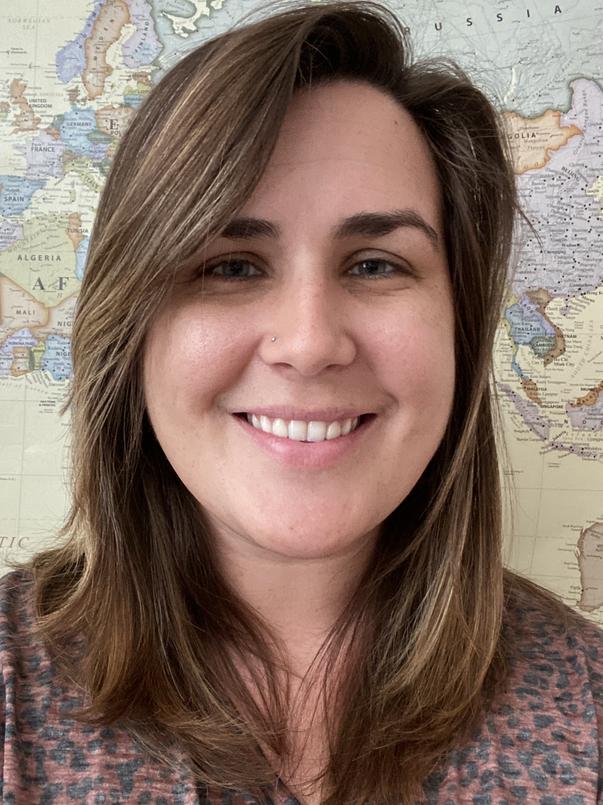


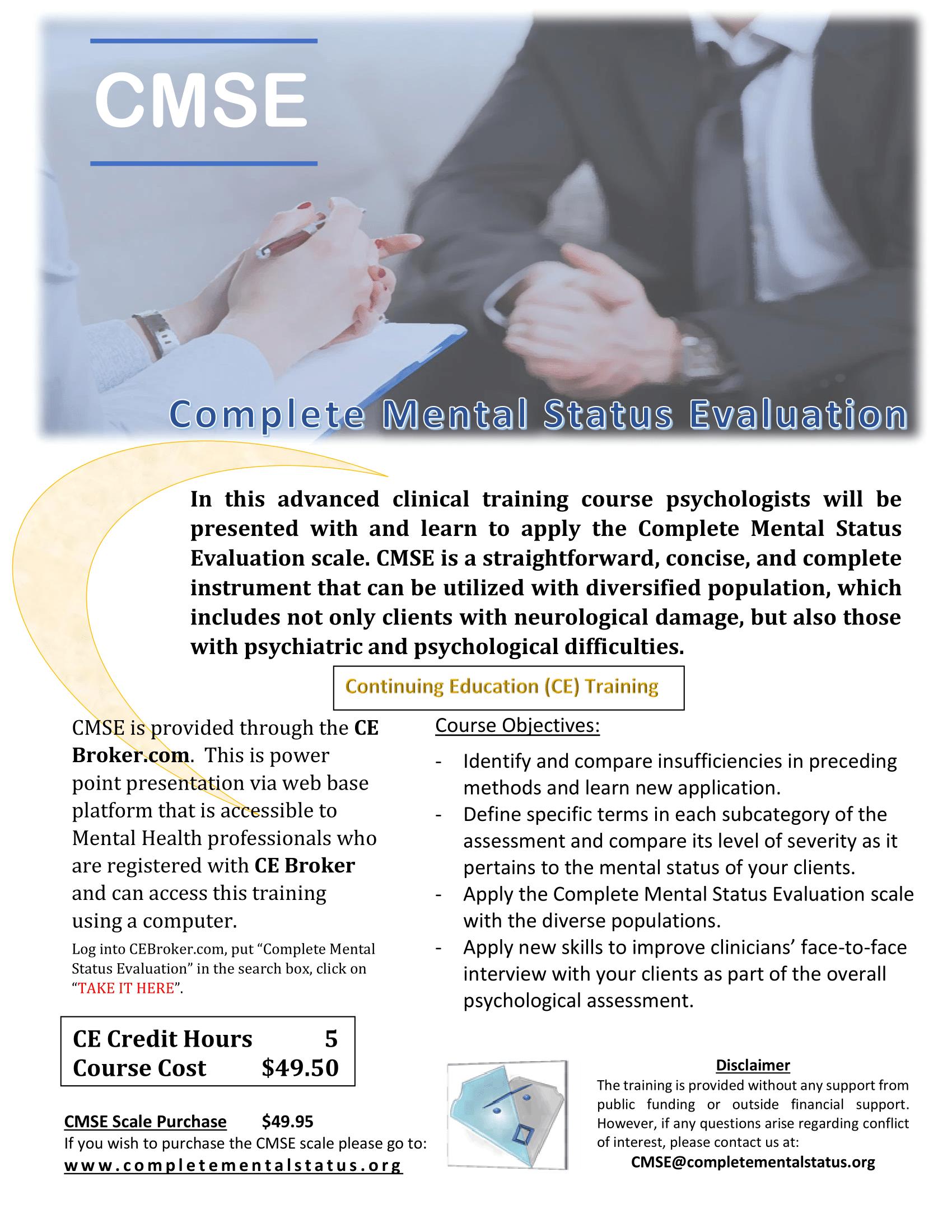
Psychoeducation is only one method of treatment, but an especially important and helpful method. Knowledge is power and by learning as much as possible about their diagnosis, individuals are able to feel more in control Clients learn that they are not alone, as it provides those with mental health conditions material about the causes, symptoms, prognosis, and treatments of their diagnosis Imagine a client with bipolar disorder that was not aware that they should stick to a regular schedule and avoid caffeine, alcohol, and stressful situations. Imagine that the client was never told the outcome of those that are medication compliant versus those that are not.
As a student intern, I was expected to walk into the therapeutic space being calm, confident, collected, aware, knowledgeable, and the list can go on I also knew that no amount of confidence I had in myself, or my skill set could ensure the client finding confidence in me as their clinician With such exacting standards set, where do we go when we are just starting out and already feel the intimidation of perfection? In that moment, I relied on the value of education, not just my own but

the importance of ensuring the client is being educated throughout the session as well. It was a reminder to me that I am capable and prepared for this next step, and a security for the client to feel that although I am a student, I am here to ensure they are being clued into the process and why interventions may help I relied on empowerment to bring out confidence
Later as a registered intern while working with children, I learned, psychoeducation is important to the child, but more importantly, to the parent. Parents want to know if the therapist is educated and capable of providing an effective treatment plan. They want to feel confident that the therapist can help their child. Psychoeducation lends credibility to the counselor and confidence from the parent Most people are not deterred by student interns; however, they can be put off if the intern lacks knowledge that is applicable to the client Most of my clients continued treatment while I was a student intern because I was able to provide them with the information regarding their symptoms, diagnosis, and treatment.
When we explain to our clients what is happening in the body and brain due to anxiety or even trauma, they feel relief and we have heard many times “so I’m not crazy ” Being able to offer that confirmation and support is invaluable to the treatment process During intake we hear “why” often As we normalize the symptoms and behaviors, we remove fear and doubts from the client We make it our practice to include psychoeducation in every intake Over a six-month period, we saw an increase of 47% in client retention compared to those that received little or no psychoeducation.
Psychoeducation is most used by mental health professionals such as counselors, psychologists, social workers, and educators Numerous models of psychoeducation can be used in combination with psychotherapy, a cognitive-behavioral modality, and at-home materials such as readings, videos, and
homework. The models integrate informational, skill training, supportive, and comprehensive information. Each model can be used in a different way to provide psychoeducation, ranging from basic understanding, developing skills, support groups, to a combination of each to best provide for the client(s)
Written By: Kelley Hurley, MS, Registered Mental Health Counseling In Kelley is a Registered Mental Health Cou Intern with KR Counseling She is workin dual licensure as an Licensed Mental He Counselor and Marriage & Family Therapist She has a passion for couples, trauma, and children's issues Kelley has training in EMDR, play therapy, TBRI, Autism and is seeking sand tray certification
violence that may be committed by a client?
QWhen do I have the duty to warn of a threat by my client or a duty to protect against client has been adopted in various forms in state
AThe Tarasoff duty to warn and protect against serious threats of imminent violence by a
laws and licensing board Rules CMHCs need to comply with their state law or licensing board Rules regarding the duty to hospitalize a client who is dangerous to others, in order to prevent threatened violence and to protect the potential victim By doing this, you comply with Code Principle I A 2 c which contains an exception to confidentiality “for the protection of life” and provides: “CMHCs are required to comply with state statutes regarding mandated reporting ”
QPart of my practice as a counselor involves providing clinical supervision to people who

are seeking licensure What should I do to protect myself from liability, in case I am sued for the actions of a supervisee? For example, how could I defend myself if a therapist that I was supervising was having a personal relationship with a client without my knowledge?
AThe best defense against any potential risk in a situation such as this is for the clinical
supervisor to have a thorough Clinical Supervision
QWhen I engage in couples counseling, can I share information with the husband that is
confided to me by the wife in order to facilitate communication between them?
AThe Code provides in section I.A.2.l: “In working with families ,the right to confidentiality of
each member should be safeguarded ” When you
Contract or Disclosure with the supervisee in compliance with Code section III A (See Appendix E, Clinical Supervision Disclosure Template, in “Essentials of the Clinical Mental Health Counseling Profession” for more information). Exploitative relationships, such as an intimate relationship between the supervisee and client are “strictly prohibited” according to Code section I A 4 Thus, the AMHCA Code of Ethics is an excellent learning device in the clinical supervision process, and the supervisee’s commitment to comply with the Code assures that the clinical supervisor is not responsible if the supervisee crosses boundaries with the client without the supervisor’s knowledge, after the supervisee has promised to comply with the Code of Ethics
meet with a member of a couple individually toobtain information for purposes of couples counseling, get an agreement immediately at the end of the session regarding what information can be shared to the other member of the couple, and what information may not be shared. Note this agreement in the session note for that meeting This practice is better than a written “No Secrets” policy, which too often can lead to misunderstandings and to an inadvertent breach of confidential information
Frequently Asked Questions from The American Mental Health Counselors Association's Code of Ethics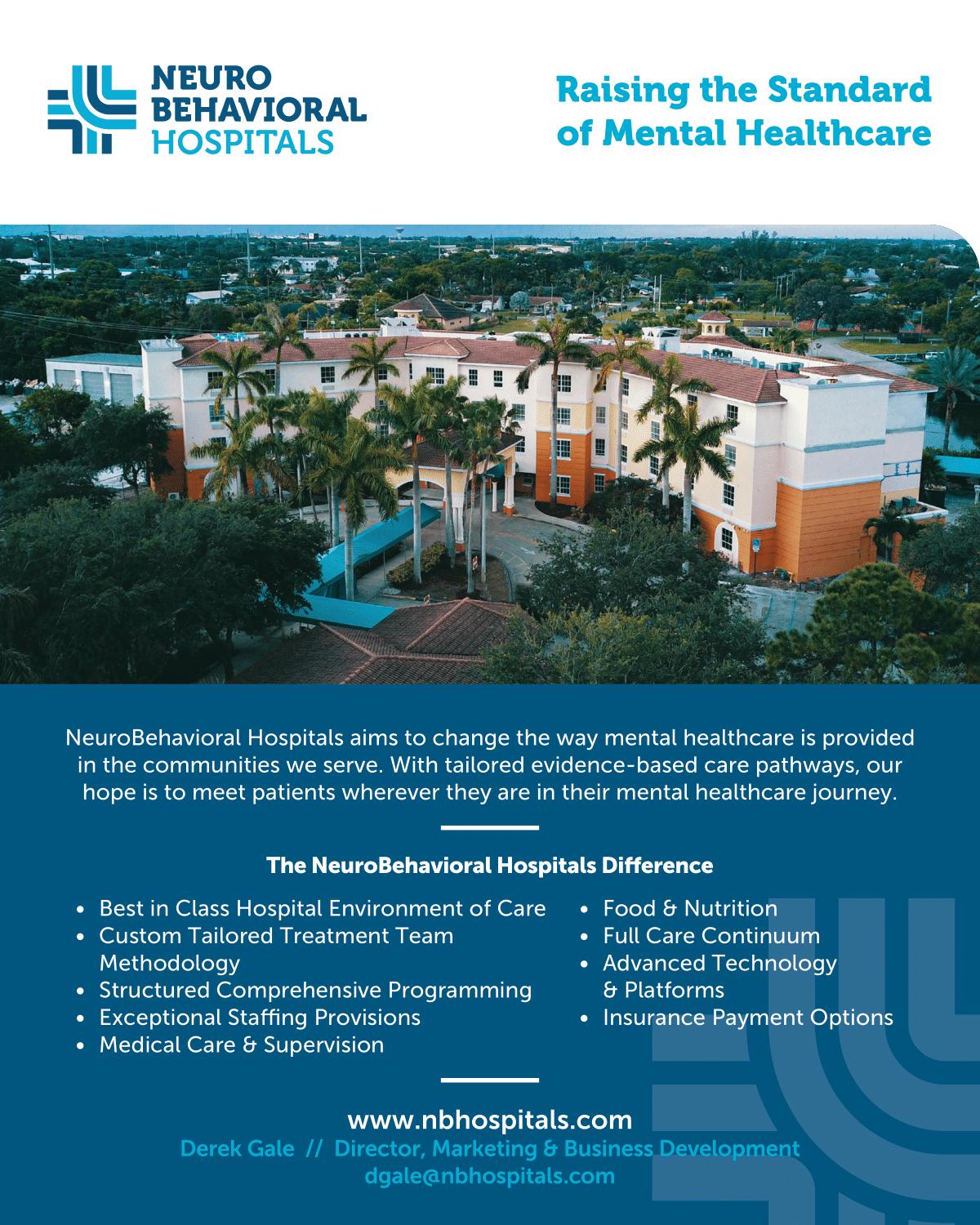
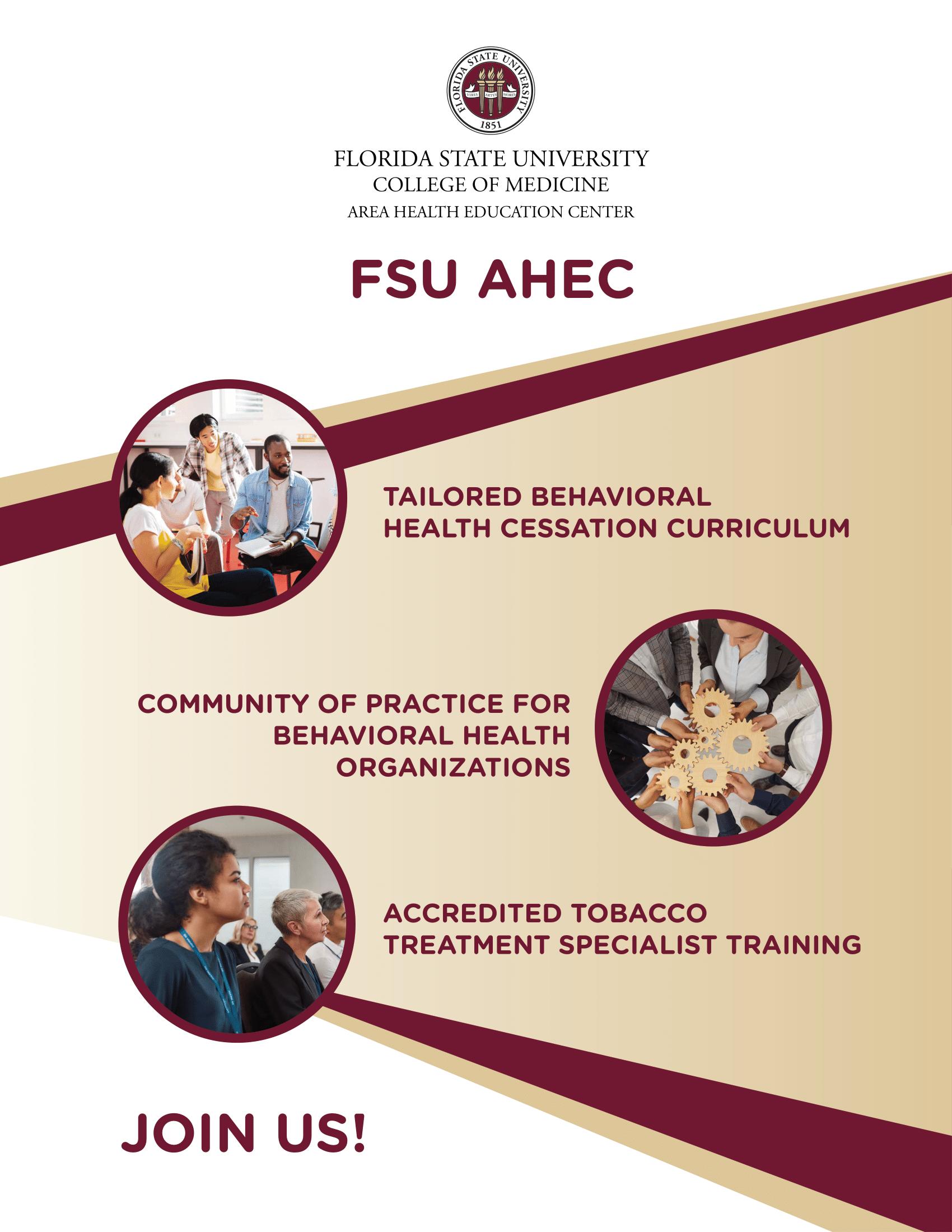
The global pandemic of COVID-19 was the catalyst that connected me through tele-mental health therapy with individuals of various nationalities, cultures, and beliefs, who were in need of professional counseling services, and seemingly, made the world a much smaller place. Together, we communally experienced the anxiety-producing destabilization of multiple socio-economic systems and collectively mourned a world void of the familiar.
Since the declaration of COVID-19, through over 500 virtual therapy sessions, I have listened to similar client testimonies about feeling left behind, voiced as anxiety and/or depression. I
reflected on my practices during the late eighties and early nineties, interning in an HIV/AIDS clinic, conducting research, and counseling persons infected and affected with HIV, many of them developing full-blown AIDS For me, these client disclosures bridged how the COVID-19 and the HIV/AIDS pandemics defined and permitted us to publicly articulate our shared human losses Losses of social connections and attachments, physical mobility, freedom and autonomy, safety and predictability, financial security, control, justice, and the ability to protect our children, the elderly, and ourselves. These pandemics revealed the depth of unexpected, cumulative, collective, and anticipatory grief, and how its mask prevented individuals from seeking support earlier in their course of symptoms. COVID-19 and HIV/AIDS were more than epidemiological crises, they were and remain psychological ones.
David Kessler, a renowned grieving expert, references anticipatory grief as centering on death and the impending loss of a terminally ill loved one. The parallels between the COVID19 and the HIV/AIDS pandemics increased our awareness of anticipatory grief. I found most people expected to feel grief after death, but fewer were familiar with grief that arrived before death. Anticipatory grief is also common among people facing their own death or a progressive physical or health impairment.
HIV/AIDS and COVID-19 possess unique differences, including their global significance An obvious difference is that the HIV/AIDS pandemic did not leave a recovered population that could express their loss The COVID-19 pandemic, although continuing to take many lives, has left a recovered population. Both pandemics have left behind unprepared family members and extended personal relationships to deal with the loss. These two pandemics punctuated the grief experience before, during, and after the specific loss.
The Swiss American psychiatrist and pioneer of studies on death and dying, Elizabeth Kubler-Ross, has guided our understanding of the evolved stages of dying for those in grief. As mental health professionals, we’re cognizant of the nonlinear, five stages: Denial, Anger, Bargaining, Depression, and Acceptance. During the grief process, movement through the stages can occur and reoccur, disorderly. Therefore, emotional processing of loss cannot be neatly arranged and checked-off as being accomplished.
Grief is natural; most people are resilient and find their own personal coping mechanisms. However, perceived resiliency may prevent locating external resources, early in the grieving process. Many individuals turn their emotions inward to reckon

with their loss in solitude. Healthy coping strategies allows feelings to be processed with support, gives insight to unresolved issues between you, the individual, or the impending loss, and assesses what your new normal will look like While there’s no way around the sometimes challenging and overwhelming experience of anticipated grief, coping strategies, such as those below, are beneficial to maneuver the task of mourning:
Keep journals to put words to losses to help move forward
Indicate what you ' re losing and what you ' ve lost individually and collectively Reengage with social supports through phone calls, text messages, video, chat, social media, and visits, whenever possible Educate yourself about what to expect Talk to somebody who is also feeling anticipatory grief; find help through support groups Live in the present time, anticipating the future, increases anxiety
Allow yourself to grieve at your own pace, not at a “socially” or “culturally” defined pace
Own your feelings, as they arrive
For those who still have access to the loved one, create memorable and enjoyable moments Try to resolve issues from the past
As clinicians, our strength comes from broadening our knowledge on grief and trauma. It is through our professional growth that we will be better equipped to help the individuals that rely on our skills.
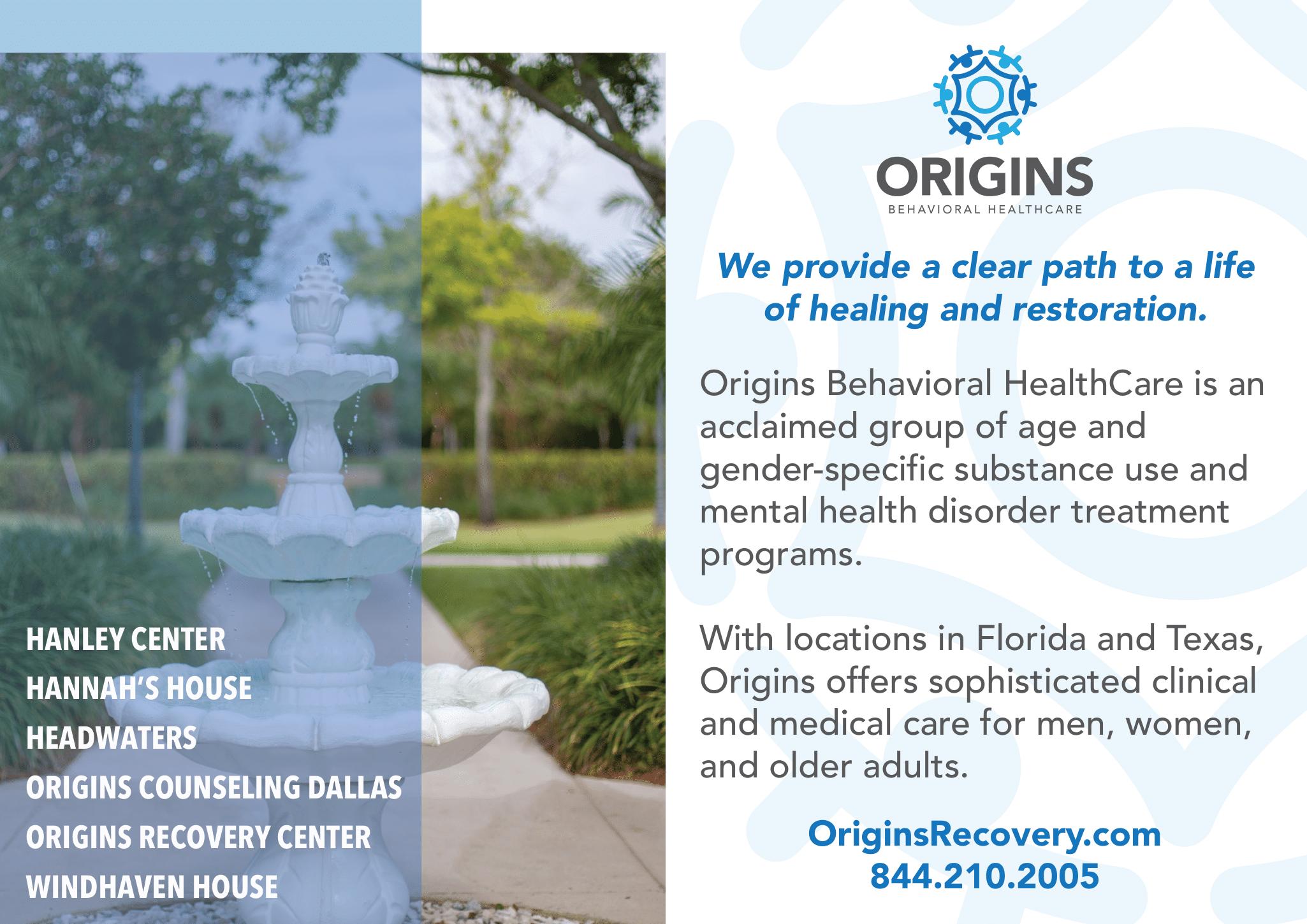 Written By: Marie Smith, Ph D , NCC, LPC-S, LMHC, CFMHE
Written By: Marie Smith, Ph D , NCC, LPC-S, LMHC, CFMHE
Dr Smith has over 30 years of experience practicing in various settings such as adult prisons, juvenile detention facilities, hospitals, specialty clinics: for HIV/AIDS, substance use, and domestic violence She has worked in K-12 public schools and higher education Her specialties focuses on life events including trauma, resiliency, ACEs, and developmental disabilities She maintains a limited private practice and is licensed in Florida, Virginia, and Louisiana



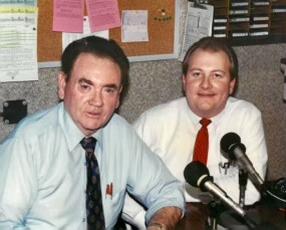
Dwight is a long-time friend and speaker for the Florida Mental Health Counselors Association He has studied professional speaking for over thirty years, carries certifications as a corporate trainer from the Fred Pryor / Career Track company, is certified as a senior trainer by the International Critical Incident
Stress Foundation, is a certified platform speaker by Dynamic Communicators, is a CLASS Certified Speaker, a certified life coach, Author and, a Nationally Certified Counselor in practice since 1984
Dwight has spent 20 years hosting a radio and television talk show, spent 10 years training in the National Speakers Association, and 10 years as an active member of Toastmasters
International (several times selected as one of the best public speakers in Florida), and 16 years resolving conflict in complex family situations as a Family Law Mediator He is a trusted media resource who has been interviewed on over 500 radio and television stations; as well as quoted on over 100 media platforms including: New York Times, Washington Post, Orlando Sentinel, Chicago Tribune, Atlanta Journal, Miami Herald, FoxBusiness.com, MSNBC.com, and Yahoo.com.
He is a life-long resident of Orlando where he lives with his wife Sheila, their two adult children, and a few rescue pets He is passionate about creating connections using ideas, stories, and technology to create a positive change His specialty is teaching strategic change to achieve rapid results
So what drives Dwight Bain? What challenges has he faced? What made him become a counselor and the man we see today?
"That story began long ago " he stated, "back when two high school students became parents and ran away to Orlando "
Knowing that education matters, Dwight's parents took him to the library each week- an activity he continues to enjoy today

As a family, they also tuned in to a Christian radio station that had a 15 minute daily segment on parenting and life skills hosted by psychologist Clyde Narramore. It was this 15 minutes a day that gave 10 year old Dwight the answer to a
huge life question, "When I grow up I want to be a Christian psychologist on the radio helping people "
Dwight went on to become a host of a radio talk show about counseling issues after finishing graduate school.
"When you look at my story, it is a story of mentors...it is their influence that helped me remain clear on what I wanted to do and who I wanted to become."
Dr Narramore actually became one of Dwight's mentors, encouraging him to stay true to the vision of sharing positive mental health messages through broadcasting Bringing messages of mental wellness into the community to build unity still drives Dwight today "Years ago, I wanted to
Dwight's "most valuable card" in his wallet today, his library cardhelp people find success in life... today I want to help them find quality of life." When Dwight was growing up he viewed success as having a nice car and a new home, today he explains that success is now centered on quality of life: physical health and mental wellness and how that unifies a community He later explains: "If we can help people to look into the mirror and see their emotions and then manage their emotions, we can change a whole community "
Serving the community has always been a part of Dwight's story When we asked him why he serves FMHCA in particular he answered: "I heard Aaron Norton speak and I was so mesmerized" he continued, "he later told me to ' come see ' what FMHCA was about. Impressed by Aaron's dedication, I came, saw, and never left. I found in FMHCA what was missing in many organizations- and that is its dedication to its members "
Dwight recalls starting off his counseling career with very little, "Back then, I would attend CEU events with some of my last few dollars when I saw how FMHCA was a place that offered twice as much for half the cost to help out counselors it made me wish I has know about them back them." Recalling on his own belief of serving others he stated, "there were no egos, no logos, just serving- and that makes my heart sing."

Having a career that branched from radio host, to counselor, to public speaker, to author, and more, we asked Dwight if this was his original career plan to which he responded, "I changed through evolution. I was one class away from both graduation and marrying my best friend There was only one class that fit my schedule and my credit requirements called Crisis Intervention." Dwight goes on to explain that as a man of faith, he believes everything happens for a reason. "A few years after becoming a counselor there was a mass shooting in Palm Bay. I knew someone who worked at a nearby Titusville television station and she asked if I knew anything about crisis intervention." After letting her know that he's only taken one class, she invited him to speak calm to
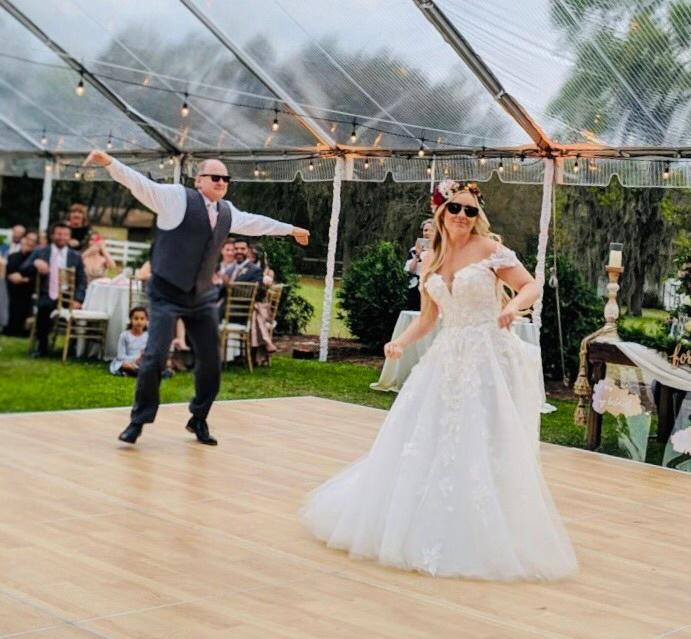
the traumatized community since that one class was greater knowledge than anyone else around at the time. "I drove to Palm Bay and went on TV to speak about crisis and how to stabilize a community after crisis after that, I focused on building that skill through more training events which evolved into a radio talk show television segments, speaking engagements, coaching, and writing "
"Careers evolve if you are flowing with it" Dwight explains. "I was not very good at some things but most importantly, I was not afraid to try " Trying one thing after another, Dwight recalled some 'fails' in his career but goes on to explain that "they were not failures, they were experiments!"
Dwight's whole life has been spent learning When asked what piece of knowledge he wished he knew sooner he responded, "Eat healthy, drink water because I was so busy helping 'the world' I ended up having a heart attack at just 46 years old " Dwight was 60 pounds overweight at the time and living on caffeine and just 4 hours of sleep a night "I would tell my younger self to stop and breathe. That in order to take care of the community, you need to take care of you first." After this realization and a second chance, Dwight has gone on more vacations with his wife, danced with his daughter at her wedding and has been present for both of his children's graduation ceremonies. He plans to write more books with the knowledge that "what lasts beyond me are the words that I writes down" perhaps you will find them on your next trip to the library
Dwight and his wife Sheila at Disneyland Dwight and his daughter during their father daughter danceThank you for sharing your story with us Dwight, we are forever grateful for you and your time.
-The FMHCA Office
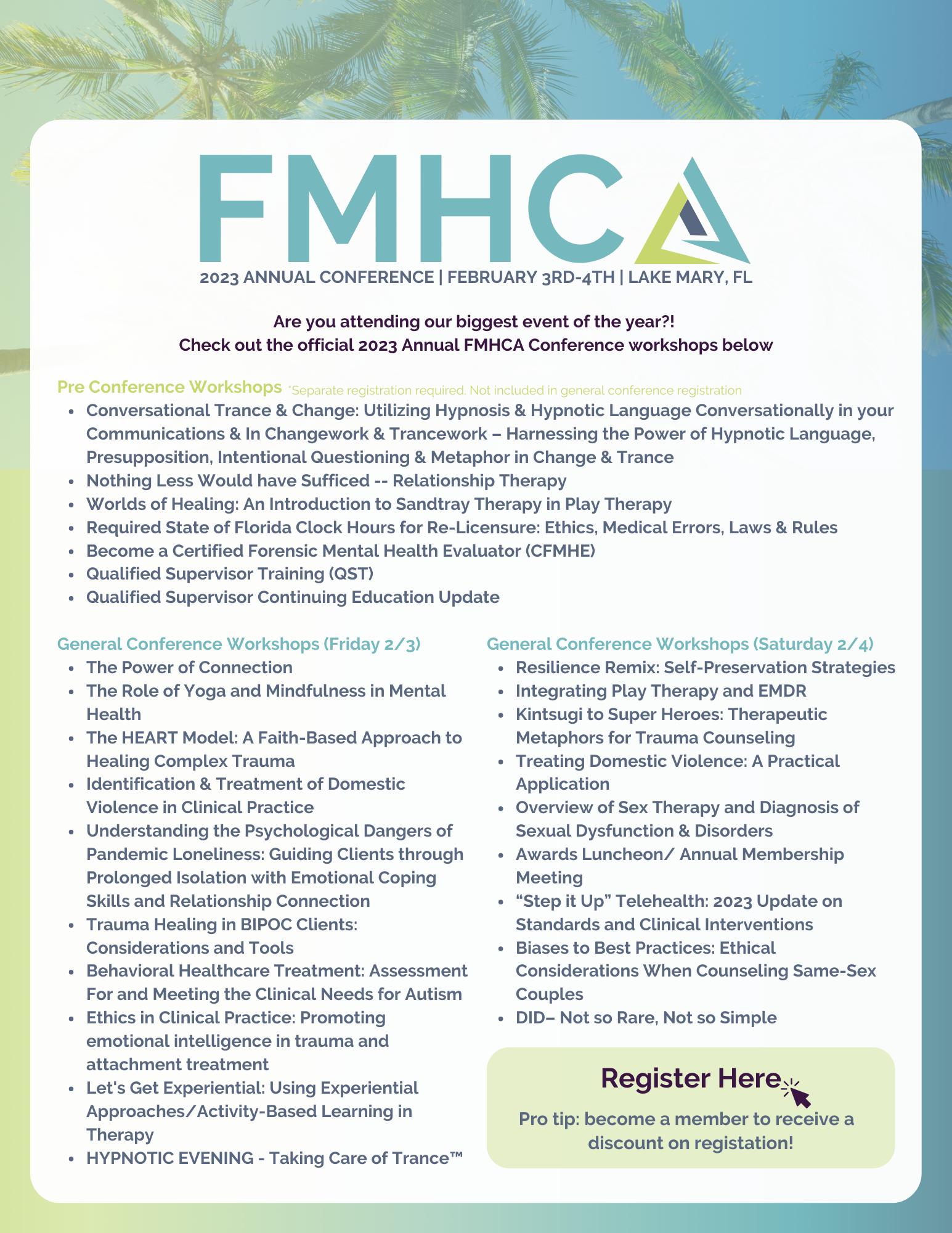

 Professional Experience Article
Professional Experience Article
Perinatal mental health is finally getting the attention it deserves. Therapists are beginning to get trained in it and it’s becoming a popular specialty. New moms need help. The old adage goes “It takes a village” but for many new moms that village does not exist. New moms are generally only given 6 weeks of FMLA (and most of the time it is unpaid) This is barely enough time for the newborn to begin to loop their sleep cycles If moms don’t return to work, they often feel like they are missing out on opportunities for career growth Many families struggle financially with only one parent working Between a lack of sleep, the care a newborn needs, and the financial burdens placed on new parents, it’s not surprising that new moms experience a wide range of emotions, including overwhelm, sadness, disconnection, depression, and anxiety.
Mental health professionals are uniquely poised to help moms in their roles and to acclimate to the changes that have occurred in their lives As a mental health professional, look for ways for care to be accessible for new moms Some examples include allowing for a flexible scheduling pattern, accepting insurance, allowing mothers to bring their newborns to sessions, and being understanding of late cancellations. Many new moms will want to use their health insurance for therapy because they have often met their deductible with childbirth.
My son was born in 2021 and I took a 4-month maternity leave. During that time, I took a break from seeing my individual therapist It was interesting because while I was screened at 6 weeks for post-partum depression, there was no additional follow-up from my OB-GYN about my mental health It was good timing for me to return to therapy at 4 months because my son went through a massive sleep regression and everyone
in our household got very little sleep. Prior to having a child, it was imperative that I get eight hours of sleep. At 4 months, we were up every 1-2 hours for several nights Going back to therapy helped me work through my feelings of despair with my son’s sleep patterns
Luckily, my therapist was very understanding and allowed me to move freely as needed through my therapy sessions. As a therapist, I am always mindful of late cancellations but there have been times when I had to late cancel because the baby needed to go to the doctor (last minute of course). My therapist didn’t mind if I went walking and talking for our therapy session because that was the only way to keep the baby calm. In several sessions, my son was an active participant by being on video with my therapist My therapist showed me a level of compassion and flexibility that I needed and appreciated during those first few months of adjusting to my new life
My experience as a new mom has helped shaped my private practice, both in working with clients who are new moms and having staff members that are new moms. Empathy is one of the strongest ways we can support our clients. Sit with them in their feelings about parenthood. Validate that some days are going to be really hard. Acknowledge the ambivalence they feel about loving their children but also feeling overwhelmed with the demands placed on them Review your policies and procedures to ensure you are supporting your clients in their time of need
As mental health professionals, we are in an intimate relationship with our clients and being able to monitor them in a way that other healthcare professionals do not and cannot. Check-in with your new moms, and all your clients that are parents, by sharing that you are a part of their village and you are here to support them. As a new mom, hearing that people supported me and understood my struggles was validating and comforting
 Written By: Amanda Landry, LMHC, CAP, N
Written By: Amanda Landry, LMHC, CAP, N
Amanda is a Licensed Mental Health Coun Certified Addictions Professional, Nationa Certified Counselor and private practice consultant She’s the owner of a group pra Caring Therapists with several locations in the author of Guided Journal for Women w Amazon and wherever books are sold Am My Private Practice Collective, an online co therapists in private practice Amanda is a member and active board member of FMHCA


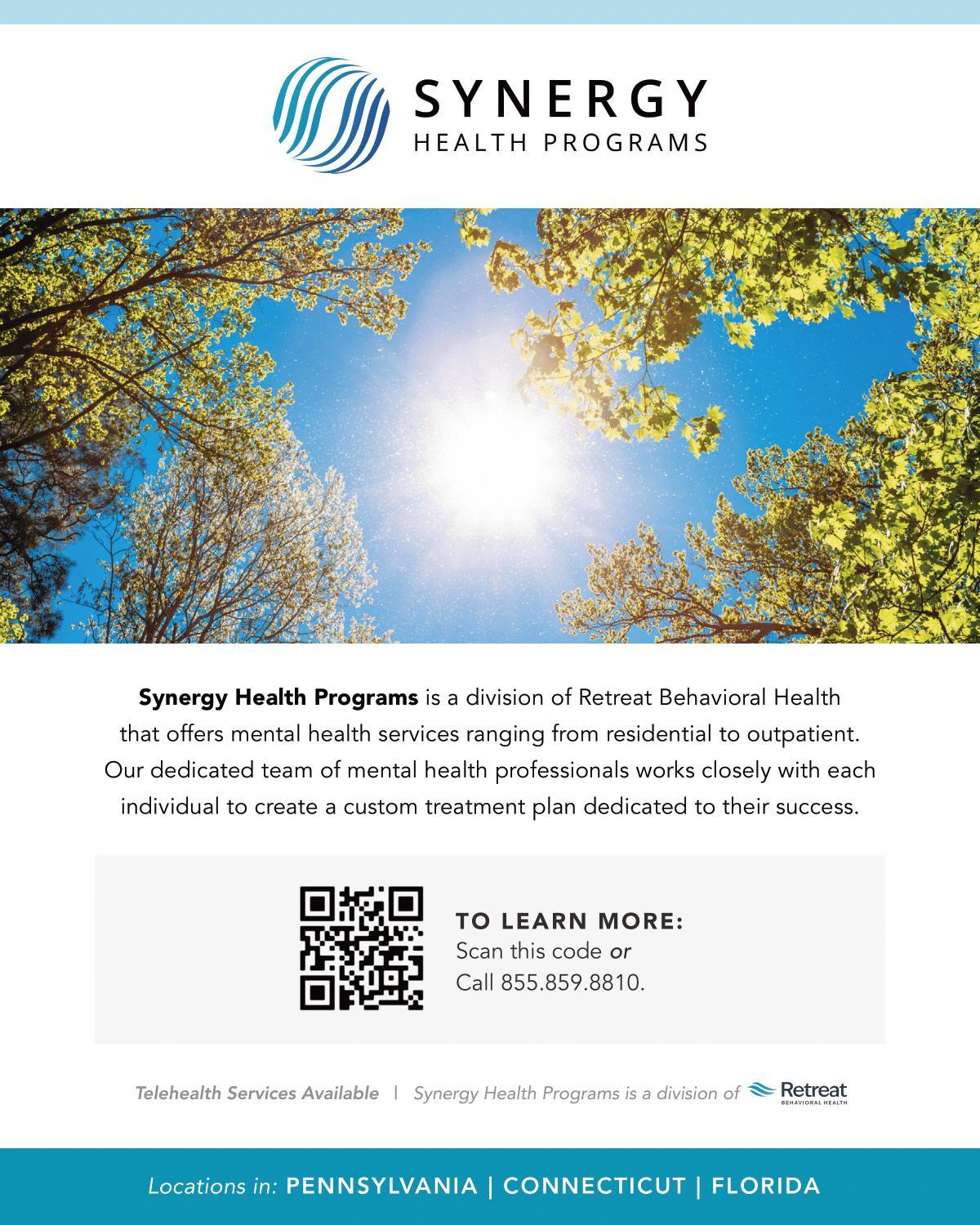

MasterClass is the streaming platform that makes it possible for anyone to watch or listen to hundreds of video lessons taught by 180+ of the world’s best. Video lessons are available anytime, anywhere on your smartphone, personal computer, Apple TV and FireTV streaming media players. Membership includes access to an incredible catalog of 180+ classes taught by the world’s best on cooking, leadership, photography, writing and more. Each class includes around 20 video lessons that are 10 minutes long on average, along with an in-depth workbook
When work gets hectic, figuring out how to manage your stress level can feel like a job in itself Delegate that task to this deck of 60 cards Each one features an actionable way to bring more balance to your office life, specifically when it comes to your mental health, physical well-being, and coworker relationships You’ll find prompts for stretching, breathing exercises, gratitude practices, networking, and more Keep a deck on your desk for whenever your inbox gets too full, and then maybe give one to a recent graduate or a friend who needs help finding serenity on the job.


UNO!™ is now mobile! Take the classic card game from the kitchen table anywhere! Now with new rules, world series tournaments, modes of play, and much more Whether you ’ re at home, on the go, an UNO!™ veteran or completely new, UNO!™ has something for everyone in the family Download on Google Play or the App Store

Bake delicious homemade bread at home on your countertop!
Bread Makers do the whole process for you: combines ingredients, kneads, lets bread rise, and bakes!
Explore top rated bread makers here
How Inherited Family Trauma Shapes Who We Are and How to End the Cycle

Depression Anxiety Chronic Pain Phobias Obsessive thoughts The evidence is compelling: the roots of these difficulties may not reside in our immediate life experience or in chemical imbalances in our brains but in the lives of our parents, grandparents, and even greatgrandparents Read More
Constructed of recycled stainless steel for sustainable sipping, the 40 oz Quencher H2 0 offers maximum hydration with fewer refills The advanced FlowState™ lid features a rotating cover with three positions: a straw opening designed to resist splashes while holding the reusable straw in place, a drink opening, and a full-cover top. The ergonomic handle includes comfort-grip inserts for easy carrying, and the narrow base fits just about any car cup holder Get yours!

The daily pages of the Positively Present 2023 Day-to-Day Calendar: Opt for Optimism feature Dani's signature creative, colorful illustrations that celebrate the seasons of the year paired with encouraging messages such as, "Every flower opens when it's meant to" and "Where you are is not where you'll always be." Fans of @PositivelyPresent on social media and anyone seeking to live their best life will appreciate these unique reminders of positivity, self-love, and motivation

In "Finance for the People," former financial planner Paco de Leon explains how to take personal responsibility for our personal finances despite inequities out of our control, while providing the necessary tools to help you build a strong financial foundation

Visual learners
Socially conscious millennials and Gen Zers Holistic financial wellness advice
PIXI DetoxifEYE Depuffing Eye Patches instantly reduces under-eye puffiness and dark circles while moisturizing and soothing delicate eye area. Infused with cucumber to sooth. Shop Here

The dark, cold winter months can take a toll on your mental health If you ’ re sleeping too much, feeling depressed or have your days and nights mixed up during the winter months, you might want to consider using a sun lamp

Sun lamps positively impact your body’s regulation of melatonin, a hormone that helps control your sleep-wake cycle, as well as serotonin, which helps regulate your mood by relaying signals in your brain

The Human Being Journal by Mahara Mindfulness, is a non-dated, monthly journal for those looking to level up, manage stress and maximize their potential. With guided questions and resources rooted in the fundamental pillars of a happy life including health, spirit, career, and relationships the journal bridges the gap between our human selves and the deeper sense of being so many of us are craving in this modern world

Infuse your home with the fruity aromas of the Balance Core Multi-Wick Candle Collection from Casaluna™. Designed with frosted glass containers, the jar candles in this collection showcase a mix of bamboo, lotus and lily scents for refreshing vibes Place these scented candles on your mantel, foyer table or coffee table for decorative accent pieces that add soft lighting and wonderful smells to your indoor spaces

3 tablespoons unsalted butter
3 to 4 large red or yellow onions (about 3 pounds), peeled and thinly sliced ¾ teaspoon kosher salt
2 quarts (8 cups) beef stock
1 cup dry white wine
1 tablespoon dry sherry
1 tablespoon all-purpose flour ½ teaspoon black pepper French bread cut into 8 to 12½-inch slices 1½ cups grated Gruyère cheese
Step 1: Melt butter in a heavy Dutch oven over medium heat Add onions and ½ teaspoon salt, stir and cover, letting onions soften for 5 minutes Remove lid and let onions caramelize until golden brown over medium heat, stirring occasionally Adjust heat if onions are browning too quickly The caramelization process may take 45 to 60 minutes
Step 2: Meanwhile, warm broth in a saucepan over low heat Step 3: Once onions are caramelized, add wine and sherry to the pot and allow mixture to come to boil Stir in flour and let thicken for a minute or two
Step 4: Slowly add warm broth, ¼ teaspoon salt and the pepper to the onion mixture and boil uncovered for 10 minutes. Add more salt and pepper to taste.
Step 5: Heat the broiler, and arrange individual ovenproof casseroles on a baking sheet Ladle soup into casseroles, and cover top with bread slices Sprinkle each casserole generously with Gruyère Broil for a minute or two, watching carefully, until cheese melts and browns Serve immediately


Euphoric highs and debilitating lows- this is the hallmark feature of bipolar disorder. Something I know a thing or two about; not just clinical knowledge of having treated folks with it, but from a very personal vantage point- I was diagnosed with Bipolar I, when I was 14 years old I often get looked at sideways when I tell people that I am bipolar. People quickly try to change the subject or apologize. No need to apologize, you didn’t give this to me, I didn’t somehow catch this, like it’s a cold or something I had any control over. The truth is though, bipolar is a mental health diagnosis that is looked down upon. You have anxiety? No problem, lots of people do. Depression? Not a big deal, times are tough for a lot of people. But, bipolar? Now that’s a different story, you must really be crazy then. Where does this negative connotation come from? In my opinion, two places; from ignorance and misrepresentations by the mainstream media
One of my goals in life, is to educate as many people as I possibly can, about bipolar. Not because I need them to accept me or like me, but because other people deserve to know the truth and people with the condition deserve to be treated just like everyone else. We are not pariahs or fragile creatures that
can’t handle ourselves, we are people just like you, we have our faults and our demons, just like everyone else. But we also have some incredible capabilities, things that you don’t ever see, because you are too quick to judge, or not be friends with someone because they have these “big emotions” that you don’t understand
I think if people stopped and took the time to get to know people with this condition and really ask them what it’s like, or how they can help, they might be surprised and even learn something. So here I will spend a few minutes talking about my experience with bipolar. That is a very important distinction to make as well, how one person’s disease presents itself can be entirely different for someone else, even if it is the same condition
What is it like to be bipolar?
It is like being on the most exhilarating and terrifying roller coaster you can imagine, the best and the worst ride of your life. There are times that you are so enamored with life and are so grateful and blessed to be living and thriving. And then there is the absolute opposite of that as well. Lows so low that you
can’t bare to even get out of bed to shower, let alone go to work, take care of the kids, or have any kind of social life; everything is just too hard And of course, there are those times in between; however, those are fleeting unless you’re medicated
I used to think I was defective, or damaged. Now I realize that I am the way I was intended to be. I am who I am for a reason, and my life has a very specific purpose. There’s no question about it, my disorder (although I don’t like to call it that) has had a profound impact on not only my life, but on the lives of those around me. I wonder if I would have ever become a counselor, had I not been bipolar myself. Maybe I’d have been a lawyer or an accountant? My life has been heavily influenced by my condition and I can honestly say, I wouldn’t change a thing If I could take away my illness, I wouldn’t, it’s a part of me and I a part of it
I used to think it was all bad and there was no upside. However, as I’ve gotten older, I’ve learned to embrace this condition and even come to depend on it. Who would I be if I was not bipolar? Maybe I would not be as compassionate, or as caring, maybe I would not be as genuine or as accepting of others? Sure, there are times when not sleeping is a real bummer and I’ve had my share of really terrible ideas and negative consequences…but don’t we all have that, regardless of whether or not we have a mental condition?
I spent many years trying to deny the existence of this, other
believing I could overcome it without medication…but what I have learned time and time again is that for me, if I want there to be peace and serenity in my life I need to be on medication Maybe it won’t always be this way, but for the time being that is my truth, and I have finally learned to accept it
As a clinician I see folks with a variety of mental issues and I try to educate and share some experiences as best I can, especially when it is topic that I have personal knowledge and understanding of. It’s important that I do not try and hi-jack the session or divulge too much information though I work hard to establish a safe, supportive environment where people can be themselves, no matter what that looks like, the good, the bad, and all that’s in between
Katherine Hord is a Licensed Mental Health Counselor in the state of Florida, where she operates a private practice in a rural town

She enjoys working with kids, teens, and adults who seek services for a variety of concerns, including but not limited to ADHD, addiction, anxiety, bipolar, depression, grief/loss, personality disorders, school related concerns, trauma, and stage of life issues She was previously licensed in Ohio for both mental health and drug and alcohol counseling She attended graduate school at the University of Dayton


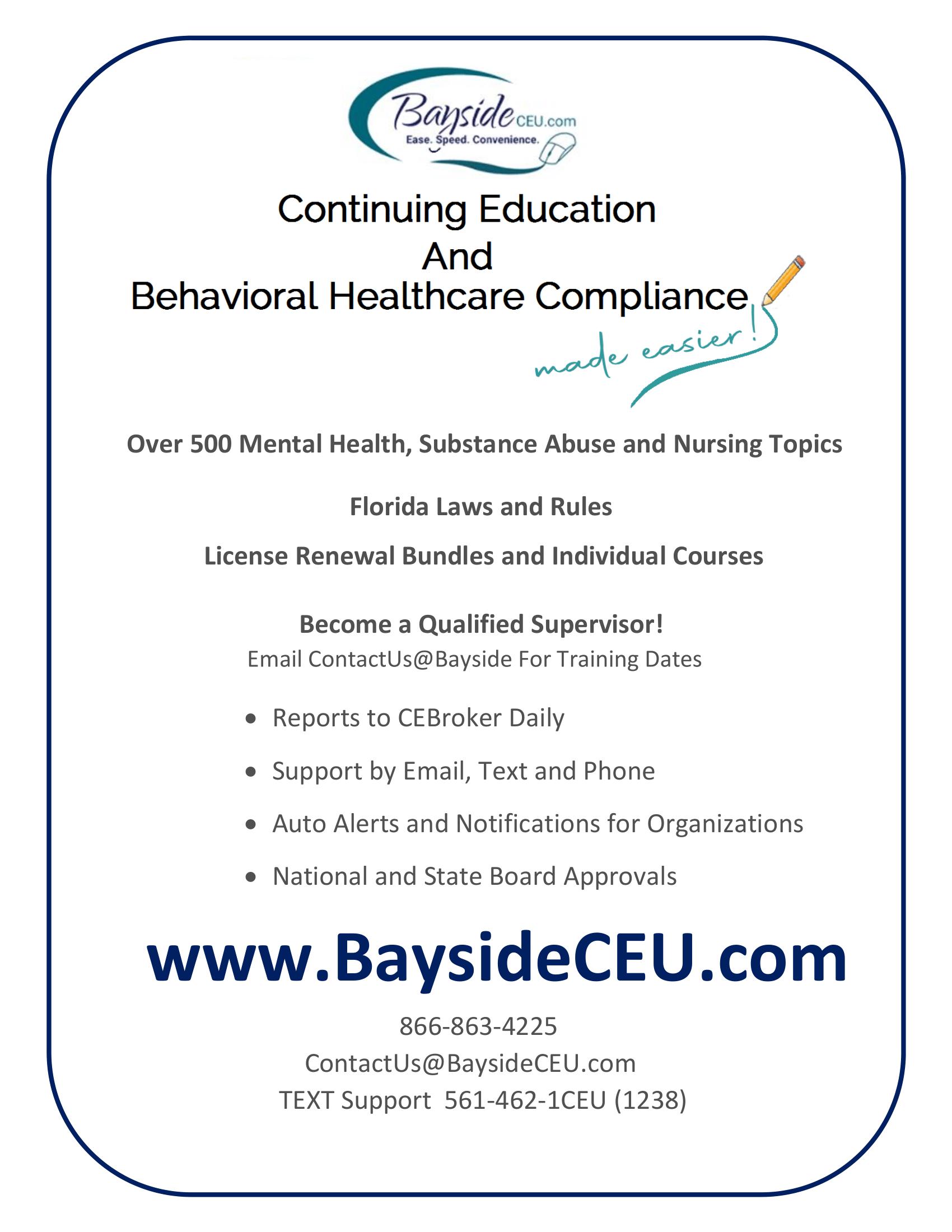
The world is angry at the moment. A statement that, while penning it, causes a physical pressure in my chest and a wave of sorrow and maybe a small sting of defeat. As a Licensed Mental Health Counselor, my entire focus is on supporting others in identifying and working with feelings, so this is a difficult one to candidly acknowledge. The world is mad, cross, furious, outraged. You only need to spend some time amidst morning rush hour traffic to realize that. Yes, perhaps that frustration was always there bubbling under the surface, boiling over only in moments where the emotion was warranted; however, it no longer seems as temporary or subtle as it once was Frustration tolerance has become a thing of the past and, at least from my experience, it certainly seems that anger is more frequent and significantly more intense than ever before This red-hot emotion seems to be the overruling, automatic response to anything from mildly-frustrating situations to overwhelming,
all-consuming provocation. And I’m certainly seeing with both the clients I serve and the general population around me. Perhaps you’re observing something similar?
I’ve spent some time considering this point: why does this anger feel the need to make itself known? How is it serving us? Why is this our default emotional response as a society right now? It’s an uncomfortable one to experience – so it’s not necessarily in our best interests to gravitate toward that emotion. What is happening that makes those angry responses acceptable, while also continuing to encourage and reinforce them?
Well, let’s consider the emotion first and foremost. What is anger? Yes, it’s an intense emotional reaction, but I’ve found that it’s one that rarely seems to occur alone. I like to think of it as a protective force. It’s the “security guard” feeling that seems to step in to protect the vulnerability of another, more sensitive emotion That vulnerable emotion, typically a more charged feeling linked to a number of other factors, that requires introspection, reflection and conscious decision to understand, process and overcome it It's the hurt, abandonment, selfesteem, love, loss, trauma, neglect, value that sits deep in our souls and psyches Essentially, that underlying feeling is one that requires effort and work. Something that, after the last few years of turmoil and trauma, not many of us feel strong or capable enough to commit to. The chronic state of languishing that we continue to find ourselves in seems to stand in our way and interrupt our ability to move beyond this state of stagnation and mental fog. This term, to languish, gained worldwide awareness during the pandemic and captures the mental and emotional numbness that the world seems to be experiencing. It’s not the absence of joy – we can still feel that. It’s not quite depression – we’re managing and okay. But it’s dull, distracted, dreary Hanging in there; holding on; keeping our heads above water The little emotional and mental capacity we have is dedicated to maintaining our work-life responsibilities and leaves us without much leftover to dedicate to other spheres of life, let alone the work needed for introspection and motivation And this overall sense of inaction and reduced drive and determination means we’re left feeling stuck in a rut, blah, surviving. And therein lies our need for anger.
Anger is an action emotion It is a protective force; it prioritizes action It allows the vulnerable emotions to go unnoticed When we address the anger, we create change in some way Even if that change is conflict and chaos, it’s immediate, responsive, effective. We finally see an outcome for our efforts. Because through the lens of languishing, reinforced by years of

challenges and trauma where decisions were made by others and control was removed from our lives, our efforts don’t feel as though they amount to much Whereas anger is different It provides that immediate gratification, that satisfaction, that cause and effect response that we crave We finally have the ability to influence our world again through our words and actions The problem is, the easiest way to do so has become using this big bully emotion, and we continue to avoid the underlying vulnerable feelings that take time and work and effort. We look to anger to create conflict. When really, we should aim to address the underlying feelings to create connection.
And so, the resolution for anger becomes just that – one of social support and coping skills to fully regulate the nervous system To create calm Because through this calm, our brains and bodies feel safer and more willing to engage with the discomfort, the vulnerable, those bigger, overwhelming underlying feelings We can start to peel back the layers of anger that protects us. The anger that has built up to serve as our driving force for the years of inaction and helplessness we experienced. We can draw strength from this brain-body regulation to then navigate those sensitive, charged feelings and start to navigate and overcome them. Unpack the hurt, the trauma, the loss that the last few years have entailed. And in highlighting this autopilot response toward anger, we can start
to recognize how much we need connection over conflict.
Anger may be an autopilot reaction in response to this souldestroying state of languishing we’ve endured However, it’s time to hand over the controls to our true emotional selves once again To reconnect with our human-ness To establish connections with others And to use anger only in those moments where it is warranted Let’s move into the new year aware of the role that anger played in surviving the trials, tribulations and traumas of the last few years. But let’s make a conscious decision to commit to connection over conflict and allow our true feelings to be experienced once more. It’s time to turn off autopilot and regain control of our emotions. After all, the wonder in life truly is our ability to connect and to feel.
Written By: Tyne Potgieter, LMHC, NCC, CCMHCTyne Potgieter has a Master of Science in Clinical Counseling Psychology and is a Licensed Mental Health Counselor (LMHC), National Certified Counselor (NCC) and Certified Clinical Mental Health Counselor (CCMHC) She p Child and Family Mental Health therapist with a focus on trauma, biopsychosocial development, neurobiology and mindfulness and is published in EMDR with Children in the Play Therapy Room: An Integrated Approach on creative bilateral stimulation interventions for administering EMDR for children.

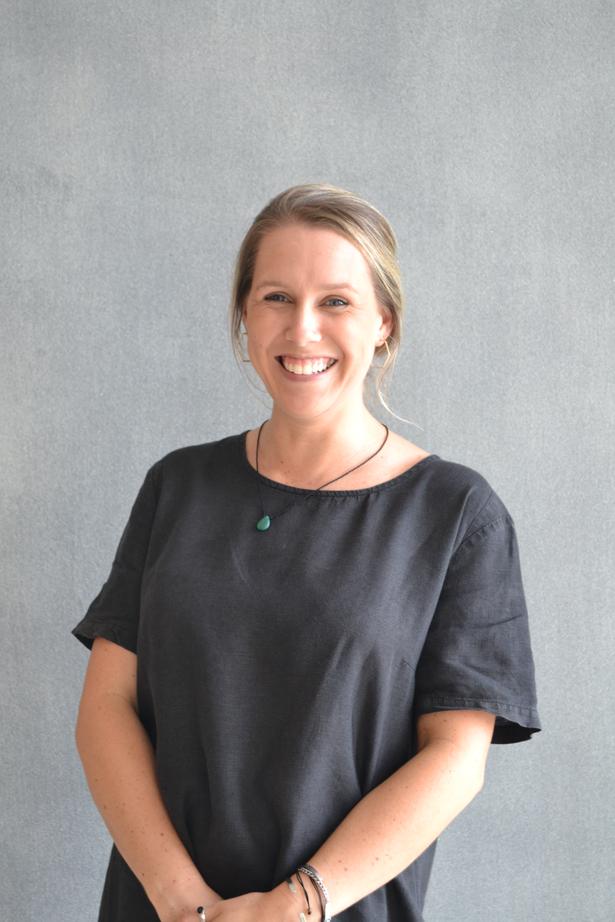
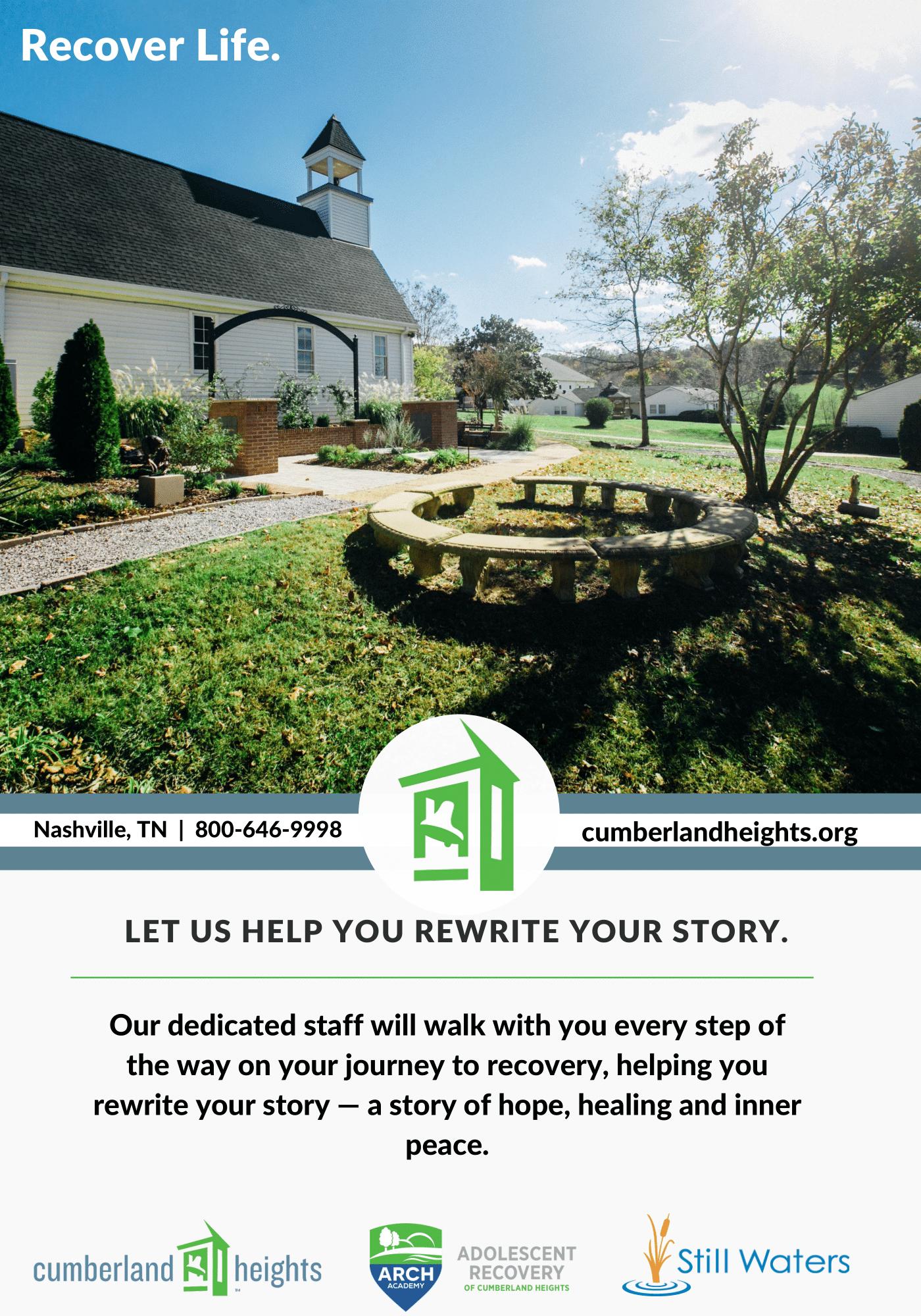
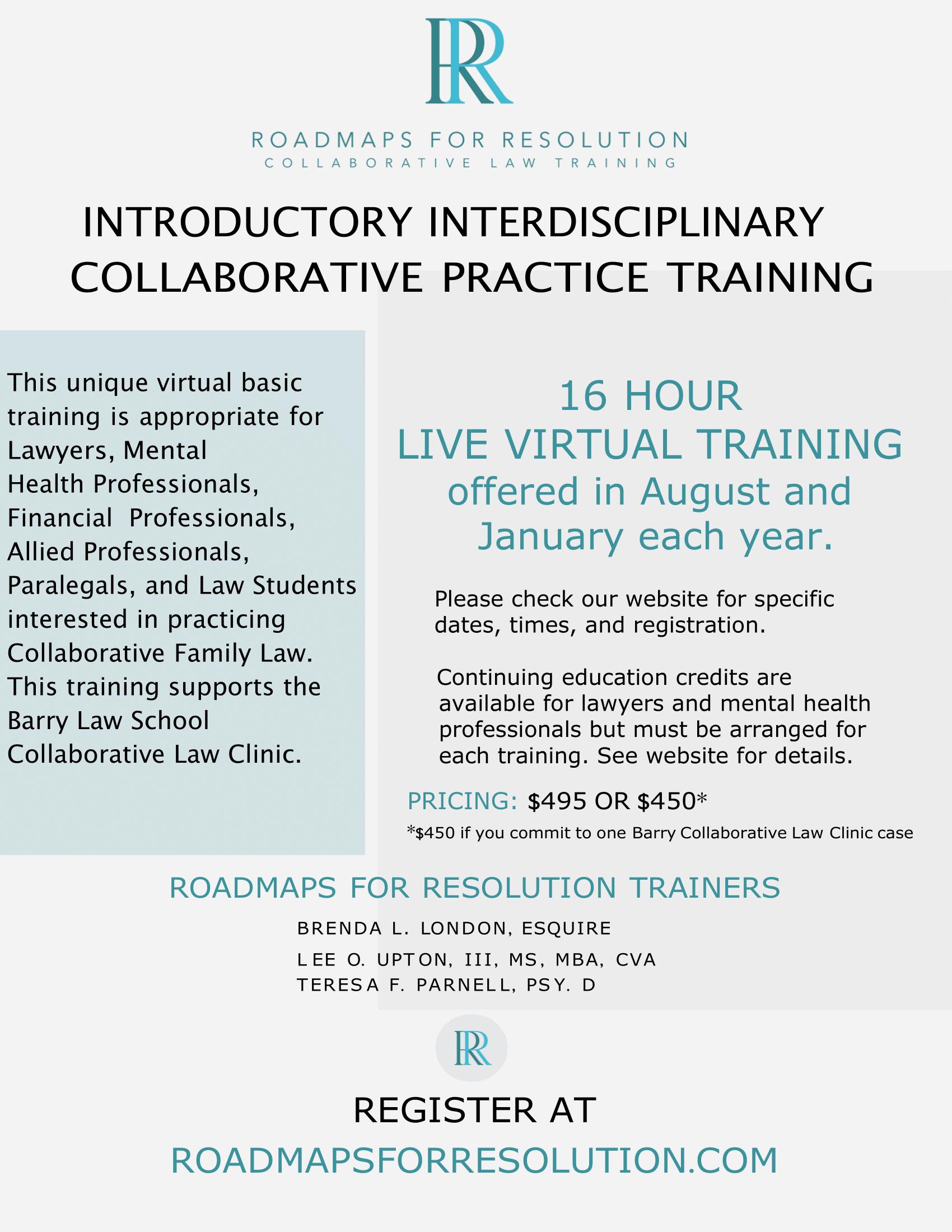

I obtained my license in 2001 and somehow managed to avoid attending a 491 Board Meeting until 2022 I always intended to attend. I often put the meetings on my calendar when they were meeting near where I live (Orlando) but, something always came up, i.e., clients’ needs, or simply the large financial impact of losing a day of work.
I can honestly tell you after attending my first 491 Board meeting in 2021, I’m hooked I’m the kind of person who loves learning, and there is a lot to learn during these meetings such as how the board deals with applicants who have prior criminal or mental health histories.
How was the 491 Board Created and what does the 491 Board do?
Taken straight from the 491 Board home page of the website: The Florida Board of Clinical Social Work, Marriage & Family Therapy and Mental Health Counseling was legislatively established to ensure that every clinical social worker, marriage and family therapist, and mental health counselor practicing in this state meet minimum requirements for safe practice. The Florida Board of Clinical Social Work, Marriage & Family Therapy and Mental Health Counseling is responsible for licensing, monitoring,
disciplining, and educating clinical social workers, marriage and family therapists, and mental health counselors to assure competency and safety to practice in Florida.
In a nutshell, the 491 Board’s job is to protect the citizens of Florida from us, ensuring that each of us licensed under the 491 Statute comply with the requirements of our licenses
When and where do the 491 Board meet?
The 491 Board meets at least four times per year The board rotates the meeting locations all over the State of Florida Funded by the state, the board typically seeks affordable sites in which to meet. Popular meeting locations seem to be Tallahassee, Tampa, Orlando, St. Augustine, Ft. Lauderdale, and Miami.
Prior to 2023, the board met on one day, usually starting at 8:00 am and continuing until their agenda was finished. At the first 491 Board meeting I attended, they didn’t stop for a lunch break and finished their business by 2:30 pm At the August 2022 meeting, the board decided beginning in 2023, board meetings will take two consecutive business days to accomplish their tasks instead of one jam-packed day-long marathon meeting This will have multiple benefits, i.e., it may make it a little
easier for those who need to travel to appear at the meeting by not having to spend money on a hotel room. Additionally, those of us who’d like to attend for educational purposes may be able to more easily choose which part or parts of the meeting we’d like to attend Hopefully the change to a two-day format will make the meetings easier on the board members too
How Does One Serve on the 491 Board?
The 491 Board consists of nine board members who are appointed by the Governor of Florida and approved by the Florida Senate There are two members from each discipline: Marriage and Family Therapy, Social Work, and Mental Health Counseling There are also three Consumer members whose professions cannot have anything to do with Marriage and Family Therapy, Social Work or Mental Health Counseling. If one is interested in serving on the board, an application can be found here.
According to the 491 Board website, “The Board meetings include disciplinary cases, petitions, application reviews, correspondence items, rule discussion, and other necessary Board action.”
The agendas for each meeting are published well in advance of each meeting In general, I have observed they begin with disciplinary actions The disciplinary actions are divided up into Marriage and Family Therapy Interns, Social Work Interns, Mental Health Counselor Interns, and Licensed Marriage and Family Therapists, Licensed Clinical Social Workers and Licensed Mental Health Counselors. Next, I have observed they move on to applicants for either Intern or a full license who have endorsed past criminal history or a medical issue that could interfere with their practice as a professional. After all the licensees are taken care of, they then move into issues with Rules or Public Comment.
It is impossible to determine how long each of the cases will take Some may be quite complex and may take more time to deal with than other cases If one is ever summoned before the board, I highly recommend one arrives early and doesn’t leave because one could miss one’s spot on the agenda. Not showing up before the 491 Board when one has been summoned is not a good idea.
While the 491 Board cannot make any changes to laws the Florida Legislature has passed, they can make changes to the Florida Administrative Code, F.A.C, better known perhaps as 65B4, (https://www.flrules.org/gateway/Division.asp?

DivID=327). For example, in the meeting held on 11/30/22, the
board made changes to Rules 64B4 3.0015, Verification of Supervised Experience for Clinical Social Work, Marriage and Family Therapy and Mental Health Counseling Applicants, (https://www flrules org/gateway/ruleno asp?id=64B43 0015), 64B4 2 0025, Qualified Supervisor Definitions and Duties, (https://www flrules org/gateway/ruleno asp?id=64B42 0025), and 64B4 3 0085, Intern Registration (https://www flrules org/gateway/ruleNo asp?id=64B43.0085). If you’d like to listen to the portion of the most recent meeting where these rule changes were discussed, and more, just click on this link. To find past meetings’ recordings, just go to the “meetings” tab on the 491 Board’s home page, and then scroll down to “past meetings,” and then you will be able to click on past meeting agendas and past meeting audios.
Since it is every 491 licensee’s responsibility to know and to keep up with Florida’s Laws and Rules surrounding our professions, either attending live or listening to recordings of these meetings can be very helpful for each of us. For example, as a Qualified Supervisor of Registered Mental Health Counselor Interns, while attending a 491 Board meeting for the first time, I learned going forward, if a Registered Intern is called before the 491 Board, their supervisor is also required to appear alongside of the Intern For another example, in my previous paragraph, changes were made to multiple sections of 64B4, and those changes impact Qualified Supervisors and Registered Interns By keeping up with the latest changes, it means I am doing my best as a Qualified Supervisor by informing Interns I may be working with of any changes to what is required of them, and of changes to what is required of myself. I can also educate my colleagues who may not have time to listen or attend 491 Board meetings themselves. While I realize none of us are perfect and will never be perfect, I do strive to practice in accordance with all of Florida’s Laws and Rules and attending (or listening) to 491 Board meetings helps me achieve that. Additionally, at the August 2022 491 Board meeting, I met multiple Qualified Supervisors who attended that meeting and shared with me that they required the Interns they supervise to listen to the recordings of these meetings regularly By hearing where others fall into trouble it can help the rest of us avoid those same pitfalls
I look forward to seeing you at a 491 Board
Laura Peddie- Bravo Laura Peddie- Bravo FMHCA President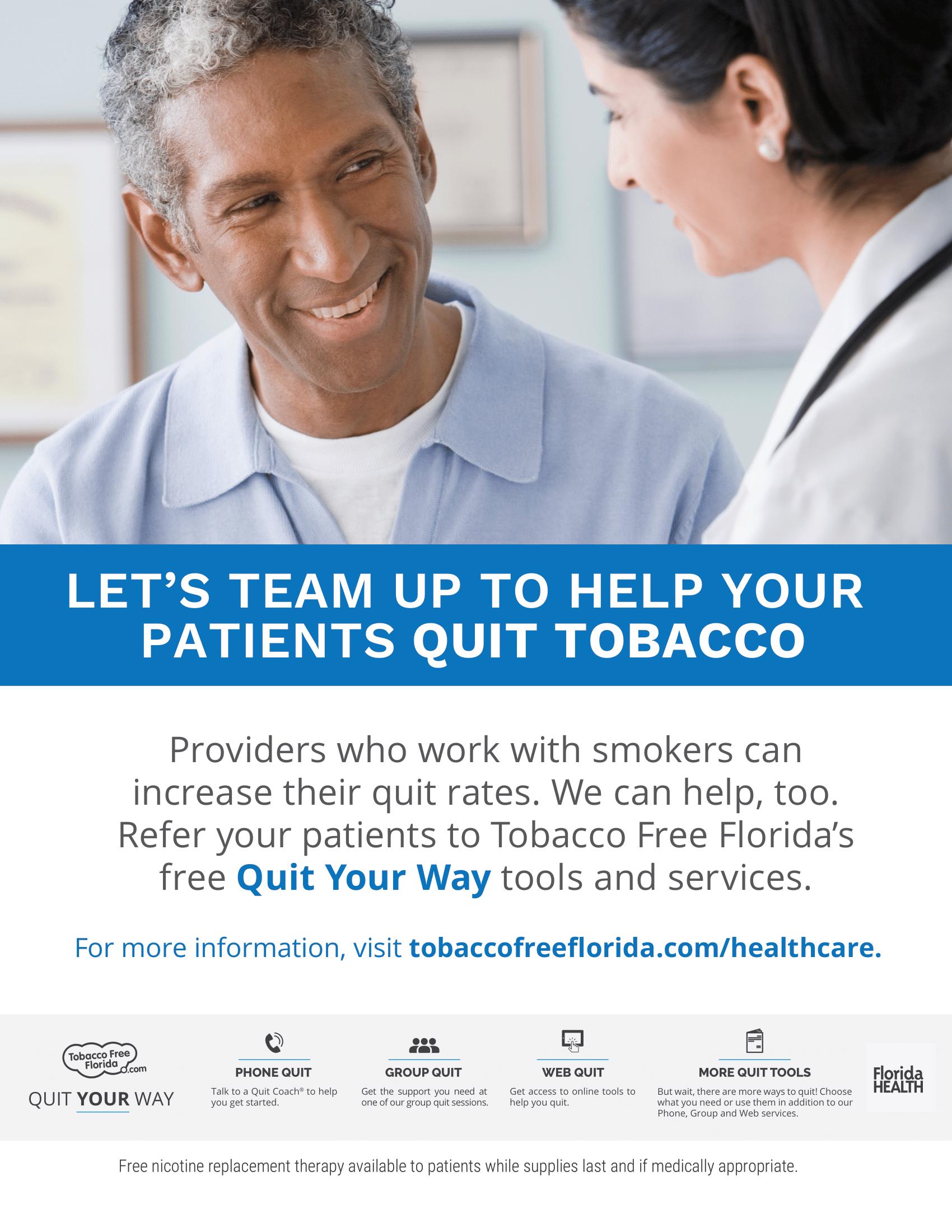

Update provided by committee chair: Maria Giuliana
The Military Services Committee falls under FMHCA's Special Committees whose purpose is to guide the attention of FMHCA members to the needs of military service members, veterans, and their families and to provide members with information on government and community-based programs that provide opportunities for service to this population.
Our committee is planning to step up our engagement in 2023. One of our goals is to host a best-practices symposium solely focused on military mental health. The Military Services Committee will meet monthly via zoom for collaboration and an opportunity for peer-to-peer consultation We also have an online forum that can be used to post news, updates, and engage in consultation between meetings It is particularly important that you go to the forum and “subscribe” to it The forum will be our primary way to communicate between meetings. You will need to “subscribe” to the forum so that you can receive an email notifying you of any posts within the previous 24 hours. You can also log on to check for any updates.
The Military Services Committee’s first meeting of 2023 is scheduled for Wednesday, January 25, at 8:00 am via zoom The zoom link will be posted in the member forum If you’re interested in joining the committee, and/or participating in event planning, please send an email to the Military Services Committee Chair Maria Giuliana at mariagiuliana13@gmail com
Update provided by subcommittee chair: Dr. William Gouveia
This quarter the FMHCA Indigenous Mental Health Outreach Subcommittee partnered with the behavioral health clinical directors of the Seminole Nation of Florida and the Miccosukee Tribe of Florida, currently the only two federally recognized tribes in the State of Florida as well as the tribal leaders of the four state recognized tribes: Choctaw Nation, Creek Indian Nation, Muscogee Nation & Cherokee Nation.
In addition, the subcommittee partnered with the following indigenous mental health providers: (NAIGSO)- Native American Indian General Service Office which provides culturally sensitive AA programs; (SAMHSA) Substance Abuse & Mental Health Services Administration’s (TTAC) Tribal Training
Technical Assistance Committee which trains native leaders to provide culturally relevant mental health and suicide prevention interventions; the Florida Governor’s Council on Indian Affairs, Inc. which conducts the annual Indian Youth Program Leadership Academy; the (IHS) Indian Health Service, which provides domestic violence prevention & alcohol and substance abuse treatment services; the (BIA) Bureau of Indian Affairs Eastern Regional Office for Florida, a division of the U S Dept of the Interior, which provides the following social services to the Florida native population: housing improvement, welfare assistance, compliance with the Indian Child Welfare Act
The chairman of the FMHCA Indigenous Mental Health Outreach Subcommittee attended the (NAMI) National Alliance on Mental Health annual meeting in Arizona which featured collaborative behavioral training conducted by tribal leaders
The chairman of the FMHCA Indigenous Mental Health Outreach Subcommittee was appointed by (SIP) The Society of Indian Psychologists as one of five doctoral level native American mentors offering career guidance to native American college students. This involves the chairman networking with the following Florida universities: University of Miami’s(NAGIS) Native and Global Indigenous Studies Program; University of Florida’s (IDS) American Indian and Indigenous Studies Program; and University of Central Florida (NAS) Native American Studies Program Nationally, native populations both on and off the reservation are experiencing troubling increases in mental health crises including youth suicide and substance abuse rates that far exceed that of their non-native contemporaries.
Therefore, the subcommittee’s next quarter goals will include a continuing commitment to providing culturally sensitive indigenous mental health outreach services to the Florida Intertribal community. This will include expanding direct contacts with the behavioral services’ clinical directors of the Seminole and Miccosukee nations in an effort to better identify their mental health service’s needs.
The chairman has been invited to make a presentation to (NAMIGO) National Alliance of Mental Health Greater Orlando regarding the need to create a special NAMIGO office dedicated to meeting the mental health needs of the Central Florida
indigenous community.
Finally, an invitation is currently being offered to any FMHCA member interested in serving as a member of the FMHCA
Indigenous Mental Health Outreach Subcommittee. If interested, please email Dr. William Gouveia at wgouveia@cfl.rr.com.
Provided by committee chair: Dr. Aaron Norton
State Legislative Priorities- This year, the Government Relations Committee is targeting three issues that were identified during previous legislative sessions but have not yet been successfully addressed, including: 1 2. 3
RevisingF S 916 115to include 491 board licensees among the list of mental health professionals who can be appointed by the court for evaluations and expert witness testimony We believe this statute needs to be updated, given that it was written many years ago when few legislators would have known about the new Licensed Mental Health Counselor (LMHC) credential in Florida. We view this as one of the few remaining statutes that result in discrimination against the counseling profession. LMHCs are trained, experienced healthcare professionals whose expertise can be invaluable to the courts. RevisingF.S. 491.005(1)(c)so registered interns in private practice are not required to have a licensed professional " on the premises" when providing telehealth. This statute was written prior to the COVID-19 pandemic, without consideration for telehealth We do not think that it is fair to single out private practice as the only counseling environment in which this statute applies Replacing the term "registered mental health counselor intern" with "licensed associate mental health counselor ” FMHCA’s GRC has discovered that legislators (and members of the public) commonly think that registered interns are college students because the word “intern” is commonly associated with a college volunteer experience. This is part of why issue #2 above hasn’t been accomplished. In most states, a counselor who has completed graduated school and is practicing under supervision while pursuing independent licensure is referred to as a “licensed associate” and not a“registered intern.” FMHCA would like to see this statute updated with language that is less confusing and more consistent with the national standard.
In the past few months, FMHCA’s GRC members have met with committee chairs of the Florida Counseling Association (FCA), Florida chapter of the American Association of Marriage and Family Therapy (AAMFT), and Florida chapter of the National
Association for Social Workers (NASW) to ensure that our colleagues in the other 491 board professions support these three legislative priorities Our lobbyist, Corinne Mixon, has been meeting with legislators who are potential bill sponsors for the above legislative agenda
Federal Legislative Priorities-If passed, the Mental Health Access Improvement Act (S.828/H.R.432) would permit licensed counselors and licensed marriage and family therapists to bill for Medicare. AMHCA placed a call to action for all counselors to contact their legislators in support of the bill. Click here to learn more.
491 Board Updates- At the 491 Board meeting on 5/12/22, two LCSWs were disciplined for writing emotional support animal letters without an appropriate assessment, which was considered a violation of F.S. You can read more about those cases by clicking hereandhere. Subsequently, the 491 passed a new administrative rule (64B4-5.011(pp)), which reads, “Providing information, including written documentation, indicating that a person has a disability or supporting a person’s need for an emotional support animal without personal knowledge of the person’s disability or disability-related need.” Violations of this rule can result in $250 to $1,000 in fines and letters of concerns, licensure suspension with corrective action, or a year of licensure suspension
The 491 Board is expected to soon be revising rules and creating new forms for qualified supervisors and registered interns to more efficiently document supervision hours. If and whne this happens, we’ll update our membership.
Registered Intern & Graduate Student Committee Provided by committee chair: Laura Peddie-Bravo
The Graduate Student and Registered Mental Health Counselor Intern Committee meets four times per year. To join the committee, one simply messages Office@FLHMCA.org and requests to join. Ahead of each meeting a survey is sent out to the committee members with multiple dates and times, and each committee member selects the date and time that works best for them. The date and time with the most votes is selected. Frequently, lunch times have been the most popular selection In 2022, we tried something different with our meetings In our first meeting of the year, committee members present created a list of topics they were interested in us focusing throughout 2022 For the final three meetings of the year, in addition to a survey of date and time, we added a survey of which topic from that list committee members wanted to focus on. The primary focus of our committee has been answering the questions of Student and Registered Intern members. A secondary focus would be the topics. Each meeting a committee member has
had a “pressing” question or issue, and we always had time to address those issues or questions. Also in 2022, I began recording the meetings so that those who could not make it can view the recording at their convenience The recordings are posted in our Committee’s Forum on the FMHCA website Regarding our committee forum, anything that someone thinks it is important to share with the committee is welcome For example, I attended the August 2022 491 Board meeting and learned that the board decided to change a rule that will affect Supervisors and Registered Mental Heath Counselor Interns. Committee members were able to obtain that important piece of information first. Committee members are also welcomed to use the forum to post questions, issues, or information they think the committee could benefit from. I did consider splitting this committee into a Graduate Student Committee and a
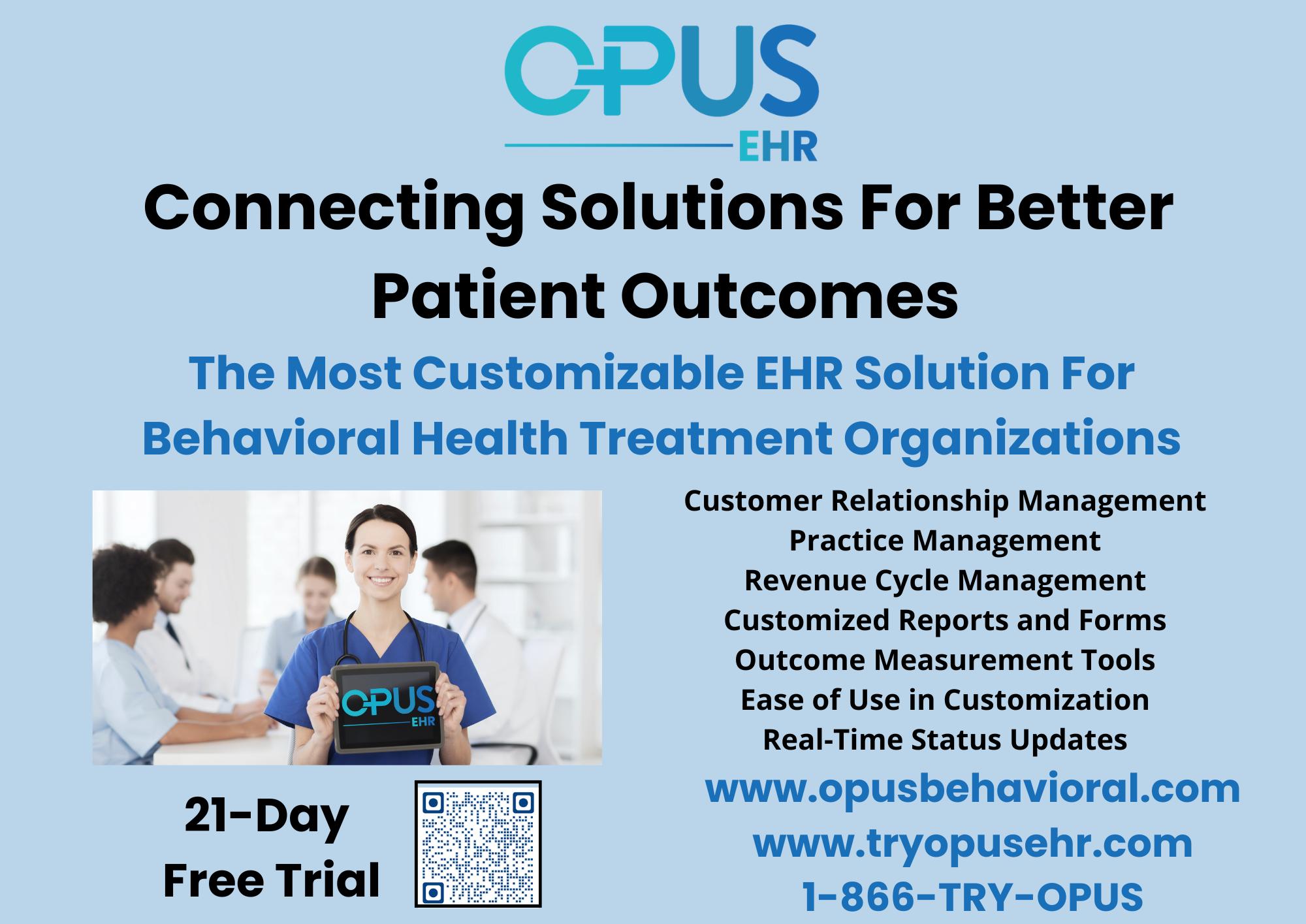
separate Registered Intern Committee, however, I have witnessed the benefit of having the two groups together, as the students have the opportunity to learn much from the Interns who are just a few months or a couple of years ahead of them We also have some committee members who are Qualified Supervisors This committee is for you and I want to make sure your questions, issues, and needs are being addressed I would like to add that while I very much wanted to hold one of our committee meetings in-person at our annual conference, with the exciting and jam-packed conference schedule, it was too difficult to schedule an in-person meeting. Students, Interns, and Supervisors, if you ever have any questions about this committee, I’m more than happy to answer them! Please feel free to contact me anytime at LauraPeddieBravoLMHC@gmail.com
Joining a committee is a great way to participate in FMHCA and increase your presence in our community. We have several committees that we would love you to participate in! Here is a list of all our committees, their purpose, and their chairperson. We invite you to contribute your efforts as there are numerous opportunities for you to get involved and make a difference. For more information on how to participate right away, please contact the chair committee or fill out this form.


I find that spiritually-oriented recovery groups and therapeutic sessions have great impact on those people who are open to exploring their own personal existential dilemmas Whereas serious and meaningful discussions about religious and spiritual experiences may be avoided in general circles -- even to the extent of becoming subjects of derision and infantilization -- recovery groups and therapeutic sessions dedicated to uncovering ways of transformation through the medium of religion/spirituality grants a freedom of speech to clients which they may normally not find outside of this particular therapeutic process.
Recovery focused on Higher Power, God, mindfulness, Buddhism, Christianity, and even on utilizing what I call a taoistic approach (seen in agnostic or atheistic groups) grants
members an open and safe space in which to verbalize their feelings about their spirituality, enabling them to delve into zones hitherto neglected or marginalized
Some members may come to therapy with negative frames of reference around spirituality. It's good for them to acknowledge their stances -- and to think about the causes for their breaks with inner peace and purpose in life, and their fears and anxieties about dealing with the meaning of existence.

Whether members retain positive or negative connotations regarding spirituality and religiosity, introducing concepts of mindfulness can bridge divides between clients and their inner dimensions Helping members become aware of new techniques for retrieving inner calm, stability, detachment and self-control can aid a client in realizing that he or she only has to breathe and become aware of the breath to begin reaping benefits.
The usage of mindfulness has found its way into the clinical setting; counselors might want to practice it for themselves so that they can effectively demonstrate to others their process In addition, mindfulness practice grants a person a centeredness that may be palpable
When one is in recovery and attempting to break past habits, one may become discouraged by recurring negative self-talk. Meditation aims to view the chatter in a dispassionate manner. Once one can unhook oneself from identifying with the recurring thoughts that lead to cravings, self-harm and addiction, one can begin to realize that change is possible.
Visualization techniques available in the EMDR literature may also help clients gain access to subconscious healing. When clients develop and install inner resources around connectedness, their images become imbued with positive emotions and then act as archetypes to which clients can turn in times of need.
Written By: Amy Discepolo, LMHCAmy Discepolo is a Licensed Mental Health Counselor and EMDRIA certified Amy specializes in utilizing EMDR and its tools a protocols to help clients who have had dis experiences
Amy practices through her own company G and also works with Bloom Behavioral Health to see clients with PTSD, anxiety disorders, depression, and substance use disorders Amy uses a gentle approach, and may incorporate therapeutic arts and dreamwork into sessions

The FMHCA Store has new designs each month of t-shirts, mugs, stickers, notebooks, hoodies, crewnecks, & more!
Each campaign benefits The Florida Mental Health Counselors Association Shop Now



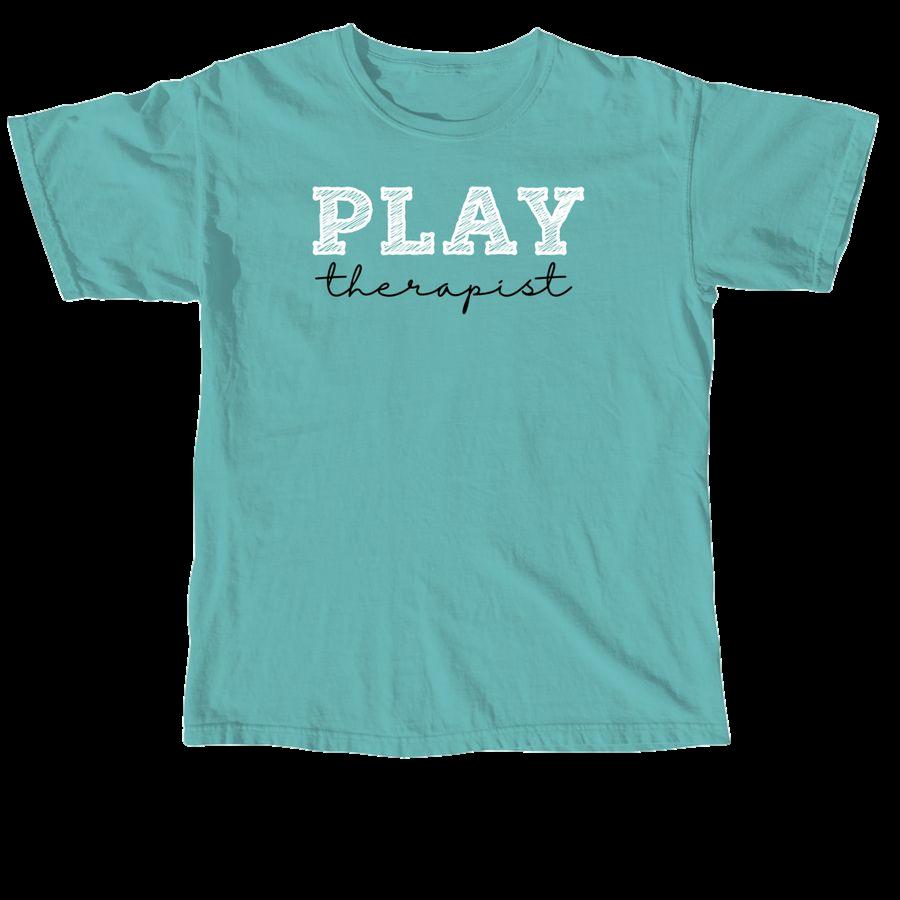


The 2023 Florida Legislative Session is just around the corner and interim committee weeks are in full swing as of January. The impacts of Hurricane Ian and other storms have taken center stage up until this point especially given the fragile state of Florida’s property insurance system. However, the legislature is beginning to focus on other topics. FMHCA has formed its legislative platform as well.
FMHCA thanks the staff from the Department of Health as well as the 491 Board members for their great work over the last year. They have been excellent partners in implementing past legislation and assisting us with information that will be helpful in working on future legislation. In particular, Janet Hartman, Department of Health, has been an ally in answering the many
questions that arose during the process of passing the interstate compact and its early implementation. FMHCA has also been involved in conversations with other industry leaders and associations in hopes of working together in the upcoming session to achieve common goals
Areas of focus for FMHCA FMHCA’s legislative committee, executive management and lobbyist have completed a deep dive into areas that need change in both administrative code (rule) and Florida Statutes (law) Legislative topics that FMHCA intends to pursue are as follows:
Item 1 – Replace the term "registered mental health counselor intern” to "licensed associate mental health counselor," to be consistent with most states.
The word “intern,” as used in Chapter 491, is a misnomer Often in statute and in every-day practice, internships apply toward an educational credit On the flip side, the word “internship” as used in the chapter relating to mental health professions licensed in chapter 491 indicates a qualification required for licensure -- not education. In fact, under current law, interns under chapter 491 apply and pay for a registration – similar to a license.
The solution is to change the term “intern” to “associate” so that the term reflects the reality of the registration “Associate” is a common term for this designation In fact, nine states use “associate” to describe a post-graduate, supervised, mental health counselor
Item 2 – Remove requirement that supervisor must be on premises.
Under current law, a licensed mental health professional must be on the premises when clinical services are provided by a registered intern in a private practice setting
The regulation requiring that a qualified supervisor be on the premises only applies to private practice settings and the term “on the premises” has never been defined and therefore cannot be enforced.
This bill would remove the requirement that the supervisor be on the premises, but maintain the requirement that the registered intern must practice under indirect supervision.
Florida Law states that, for the purpose of administering court appointed forensic evaluations, “to the extent possible, the appointed experts shall have completed forensic evaluator training approved by the department, and each shall be a psychiatrist, licensed psychologist, or physician.
Because of the confusion surrounding the term “to the extent possible,” some jurisdictions do not permit LMHCs, LMFTs, and LCSWs to conduct evaluations for the courts, regardless of their individual levels of expertise and training and despite that assessment, diagnosis, and treatment of mental disorders is within the scope of practice of all Chapter 491 licensees
This bill makes it clear that mental health counselors who have undergone forensic evaluator certification are equally qualified to provide these services to the courts as the groups I listed previously. This change will significantly expedite the judicial process and provide better access to qualified health care professionals.
As you can see, the FMHCA legislative agenda is extensive – the most robust agenda in the history of the association. It is likely the bill may have to undergo changes as the process proceeds. FMHCA will keep you abreast of how you can help advocate for these important changes.
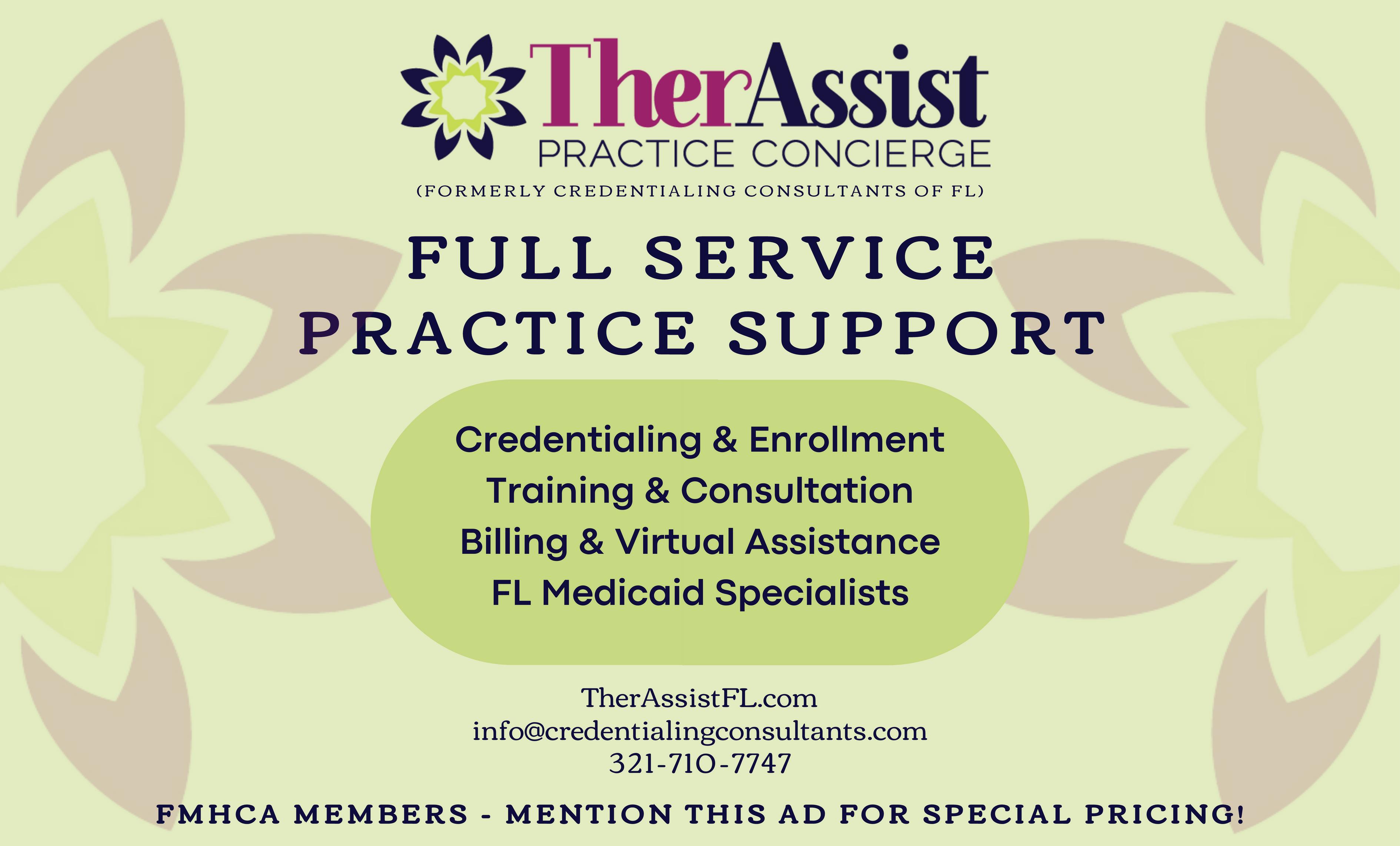 Written By: Corinne Mixon, DPL
Written By: Corinne Mixon, DPL
Corinne is a registered professional lobbyis with fifteen years of experience representin clients’ state governmental interests
At Rutledge Ecenia, Corinne represents a broad client base with a particular emphasis on health care practitioners, education and regulated industries and professions She has been instrumental in passing myriad legislation and killing bills which would have negatively impacted her clients Corinne lobbies across multiple platforms including legislative, executive and state regulatory board Corinne’s professional experience also includes association management, political campaign management, providing continuing education, public speaking, crisis communication, and political action committee management Corinne was recently named Best Lobbyist (Florida) by Florida Politics

